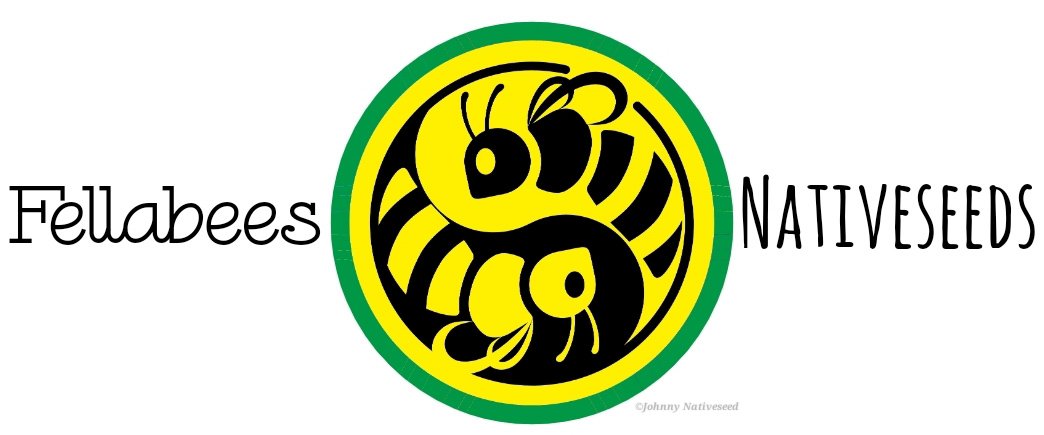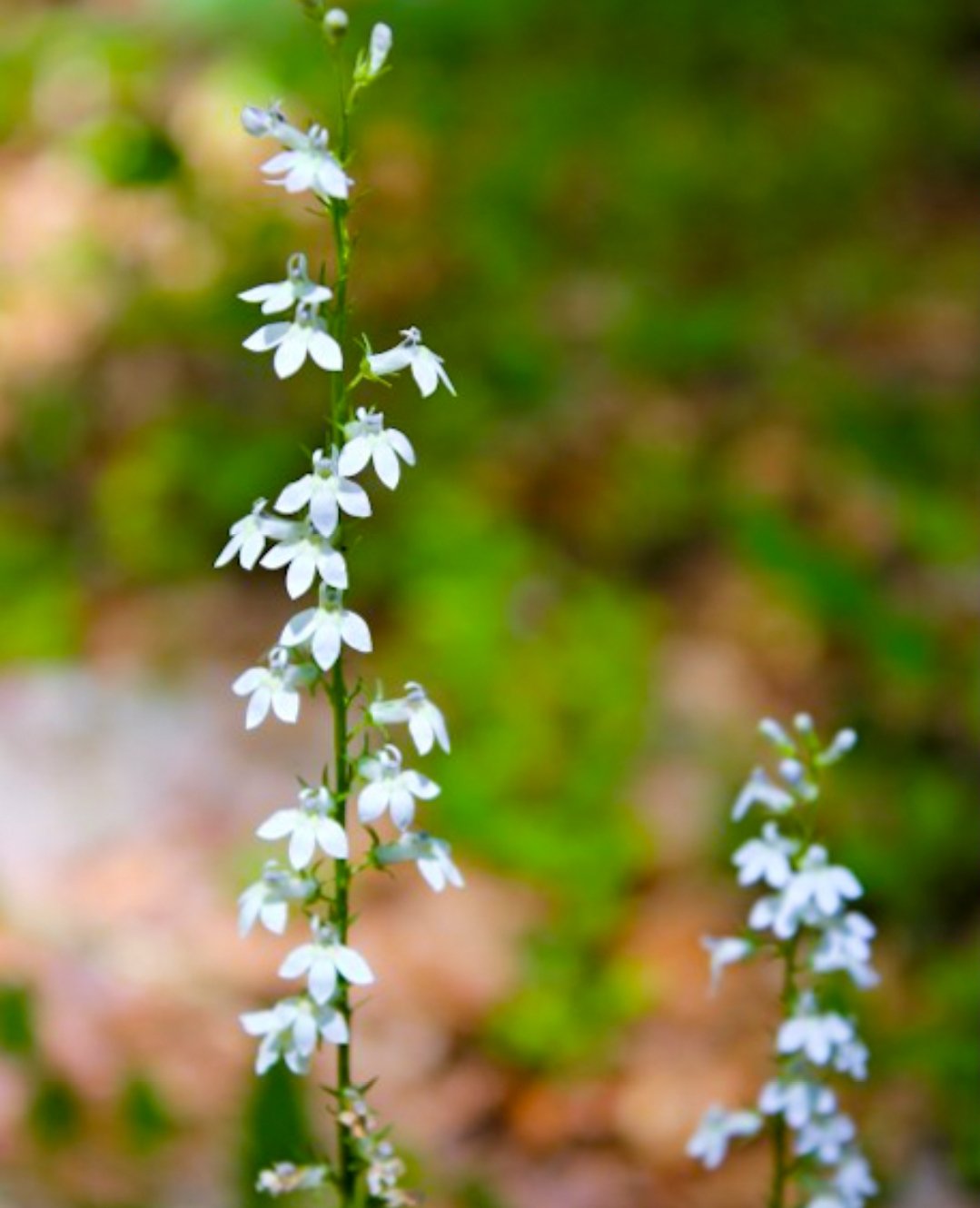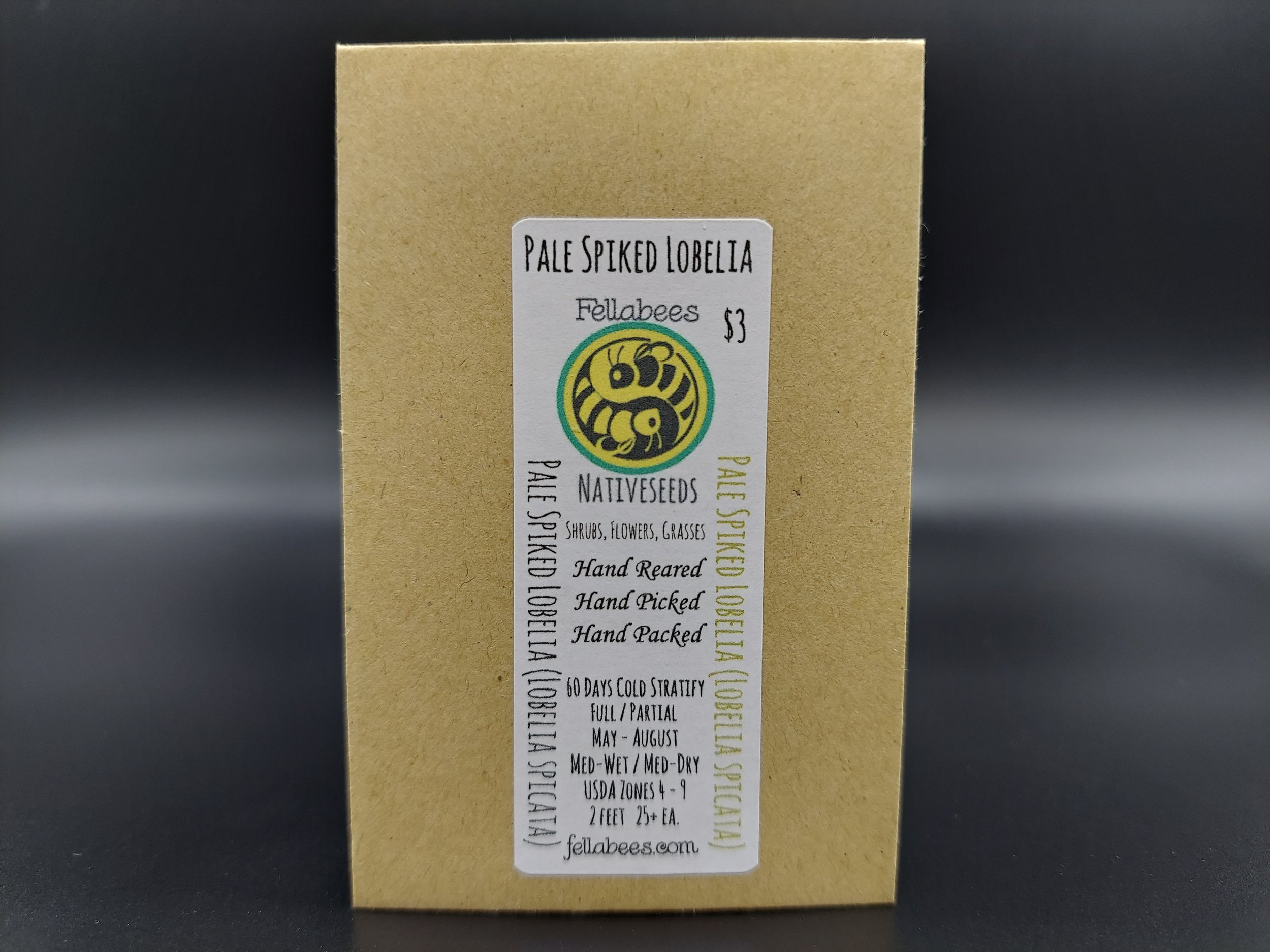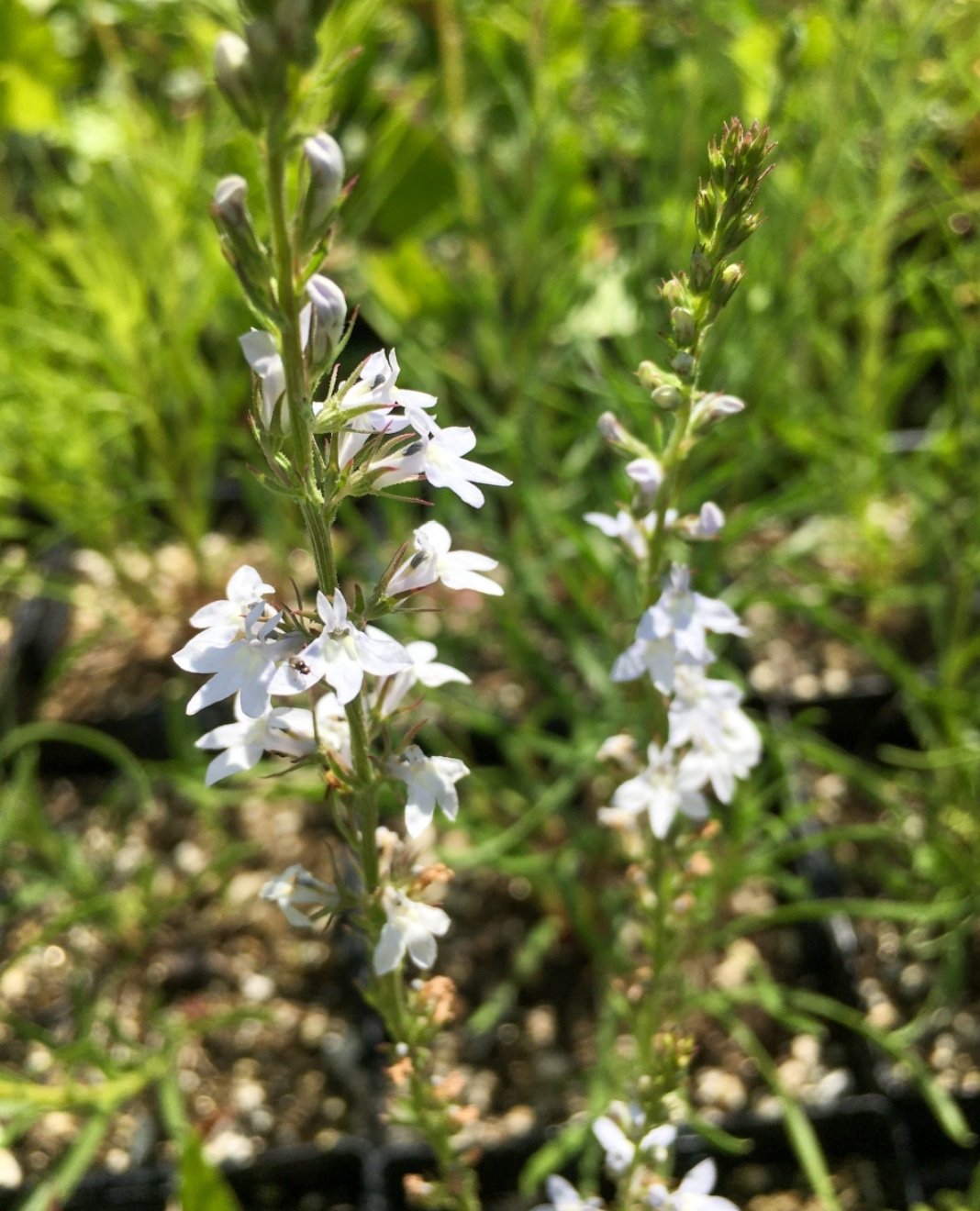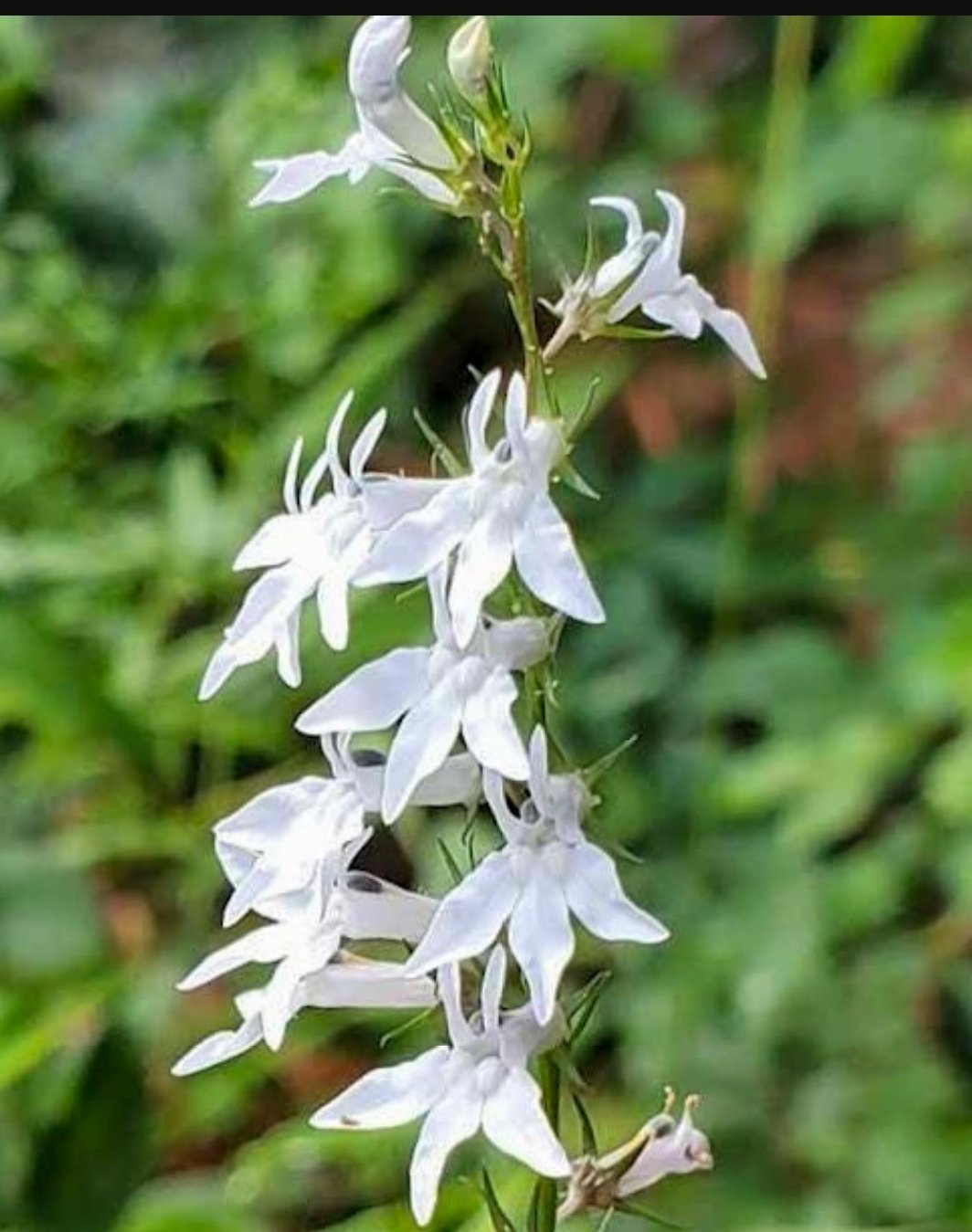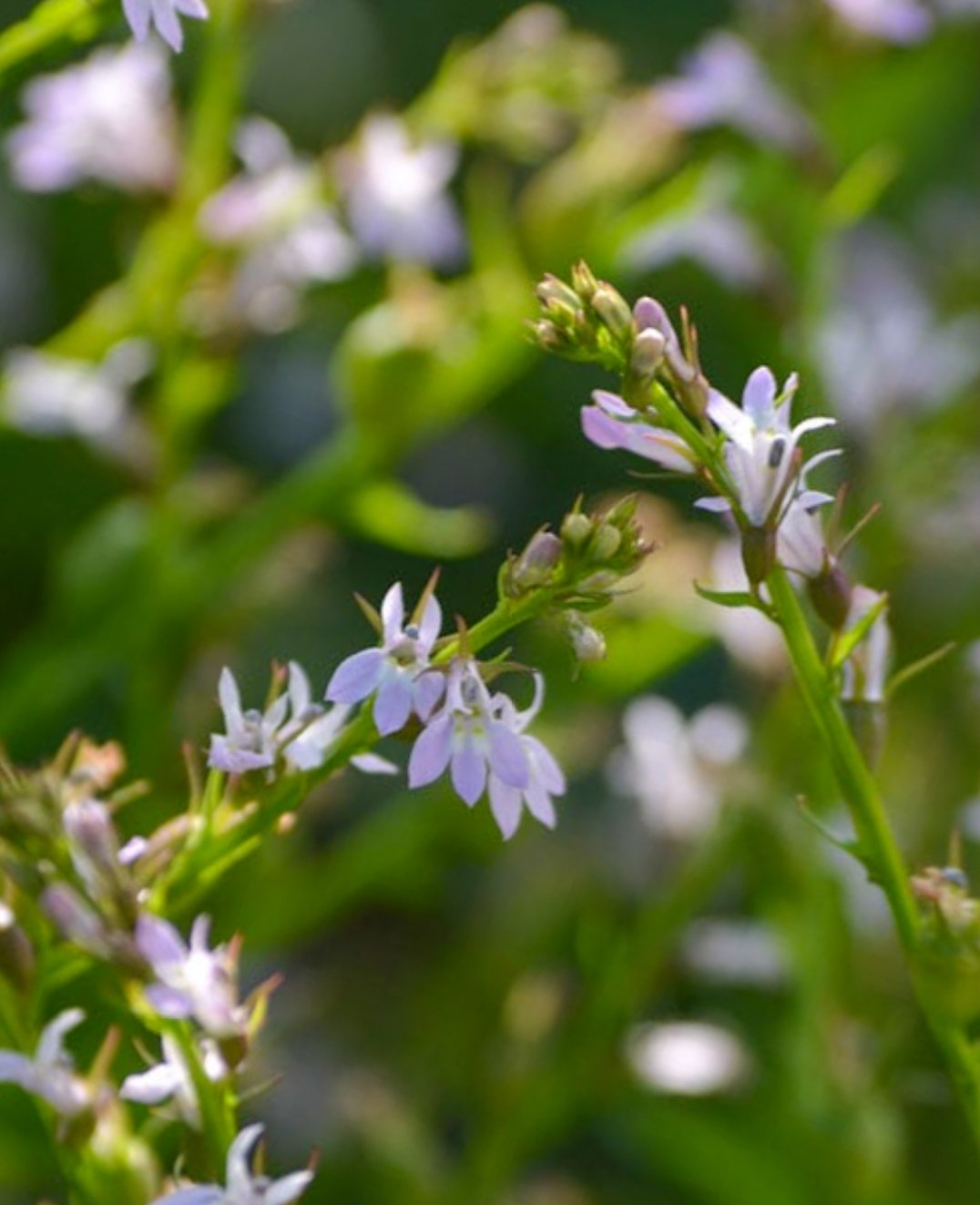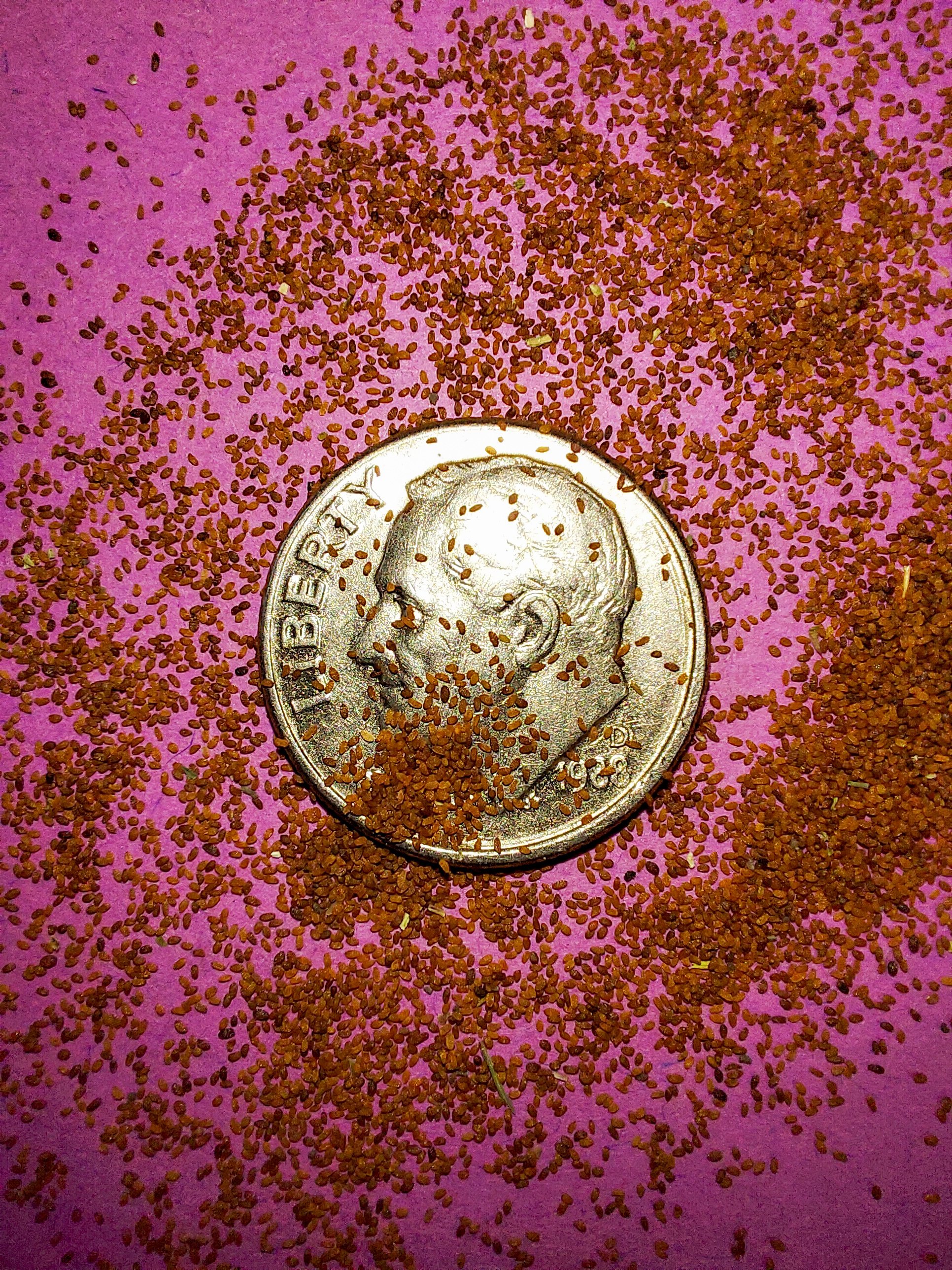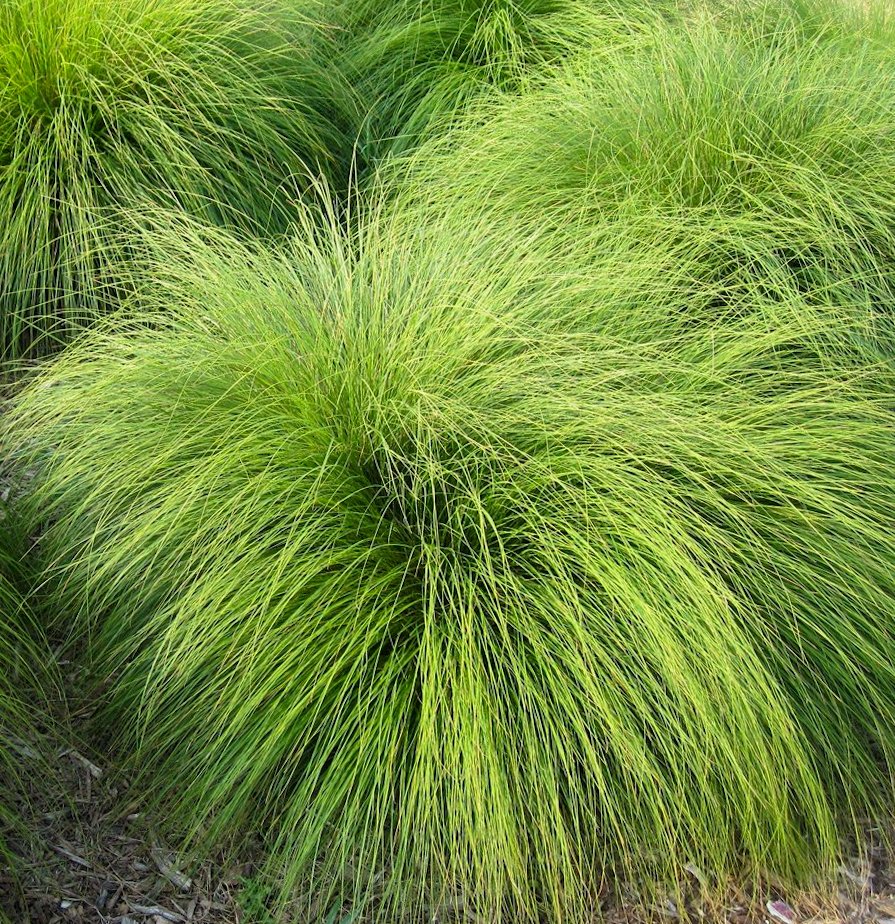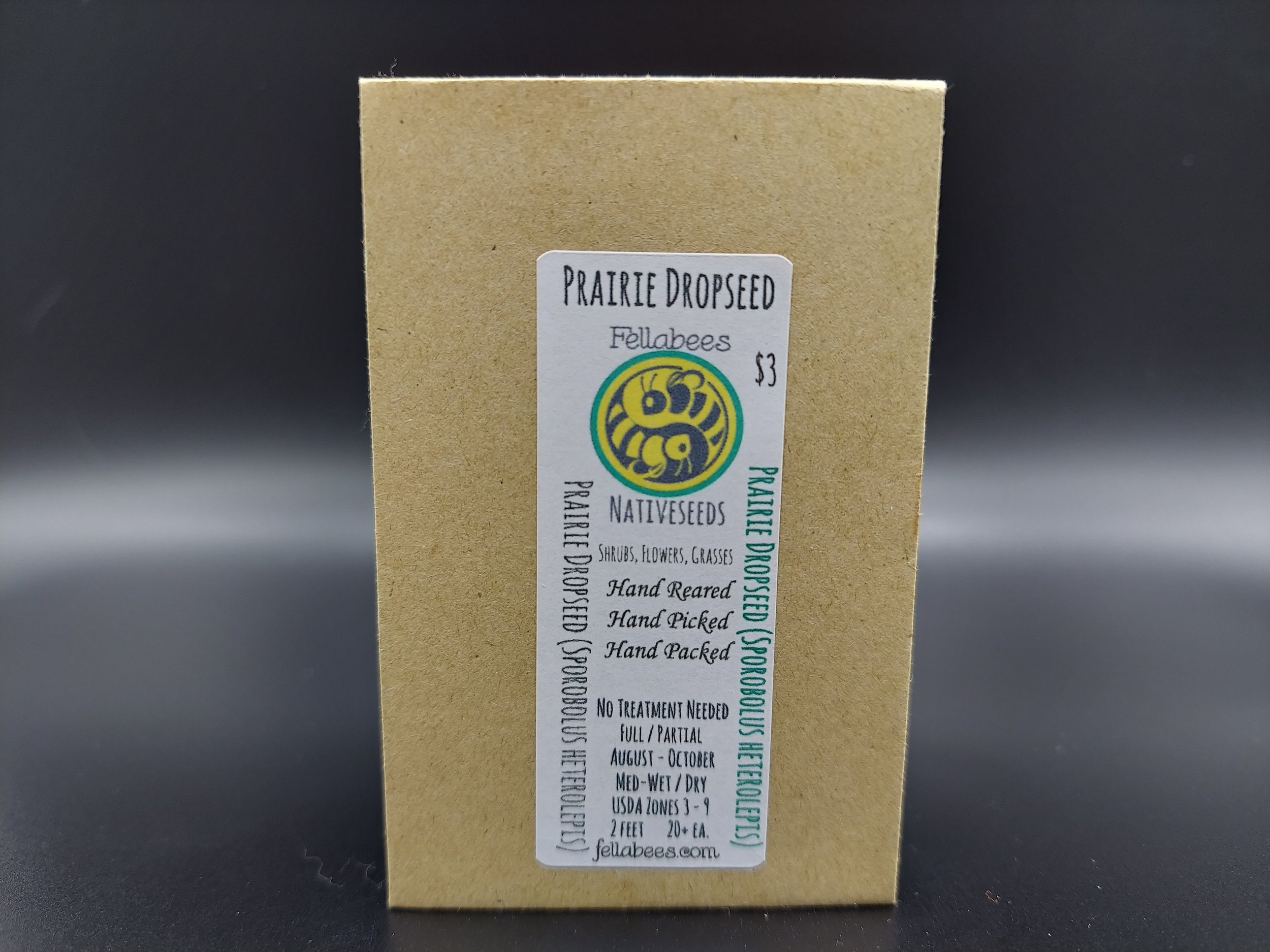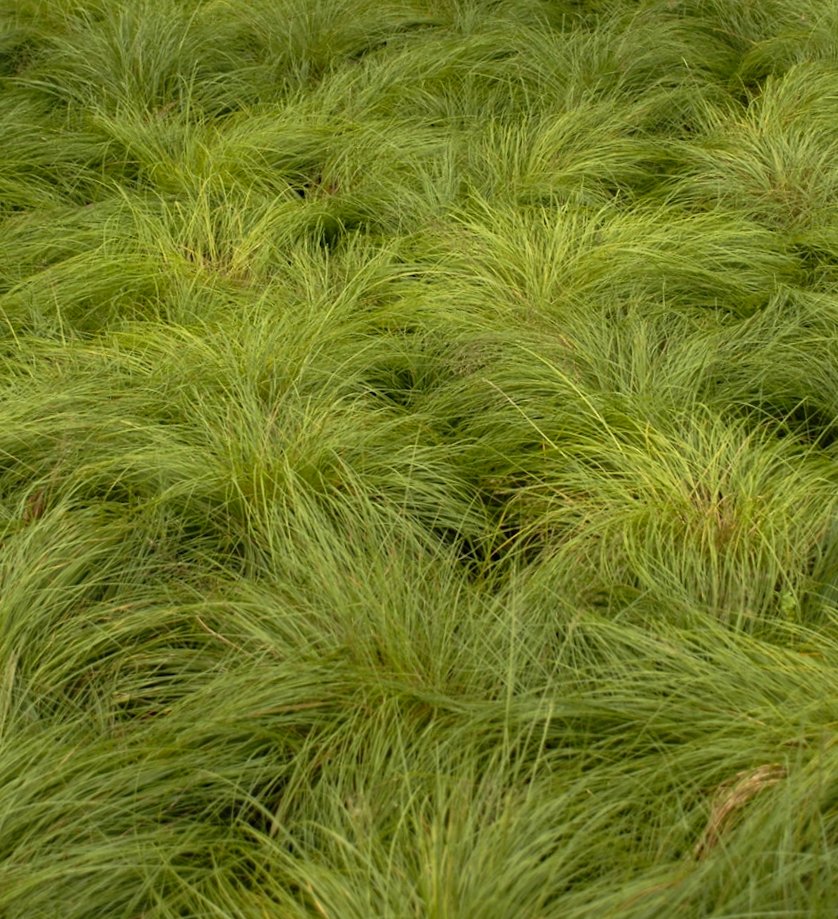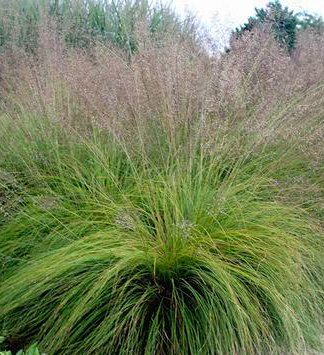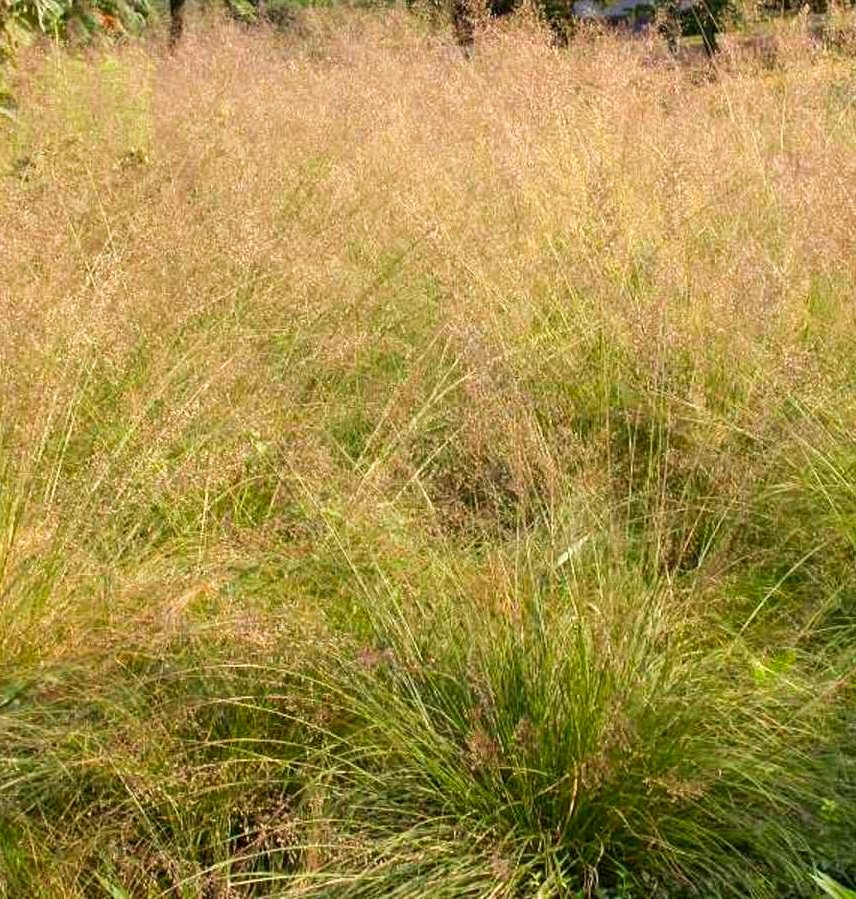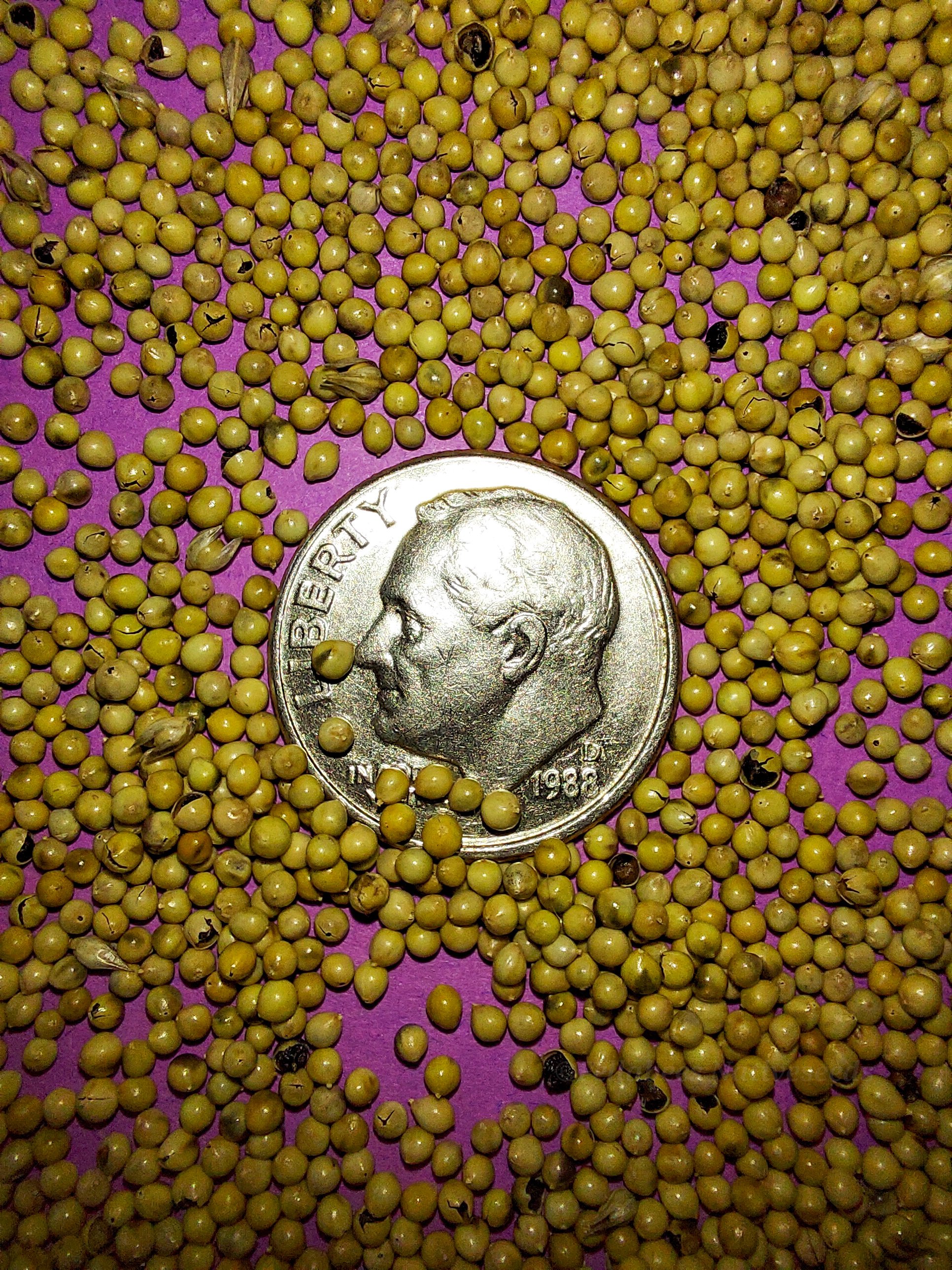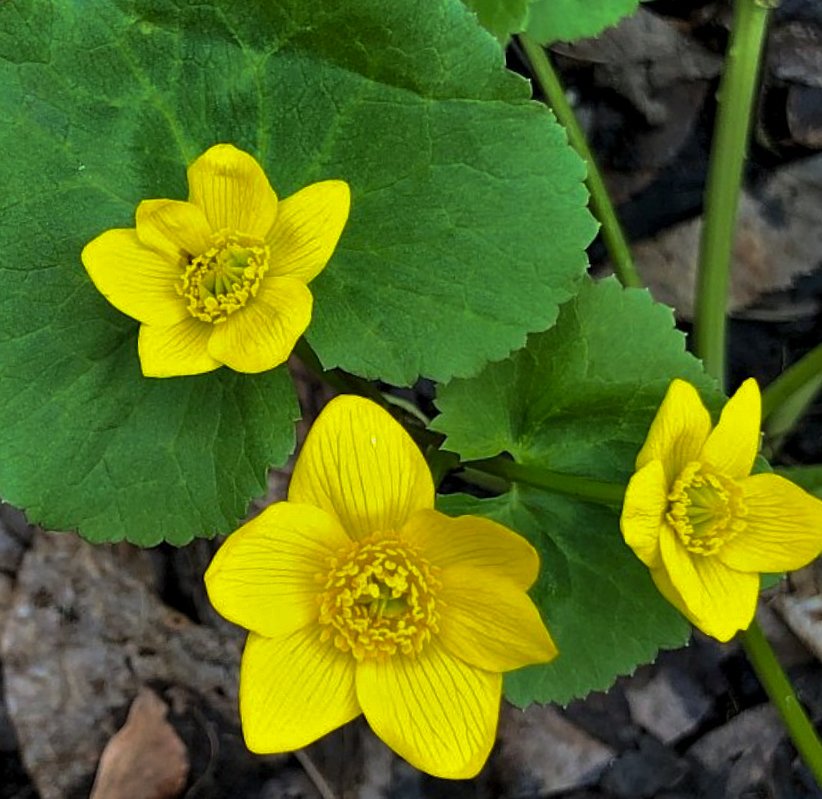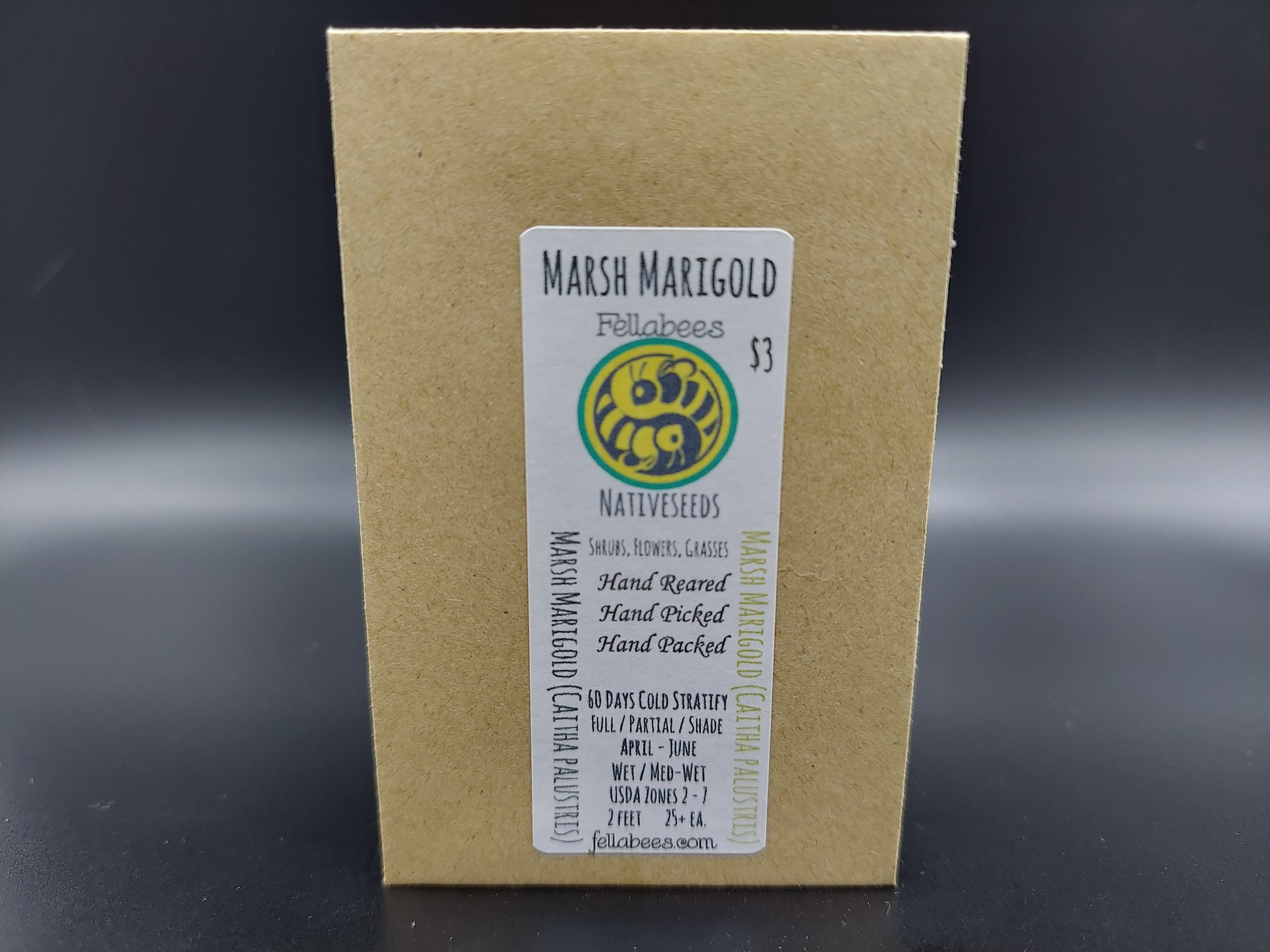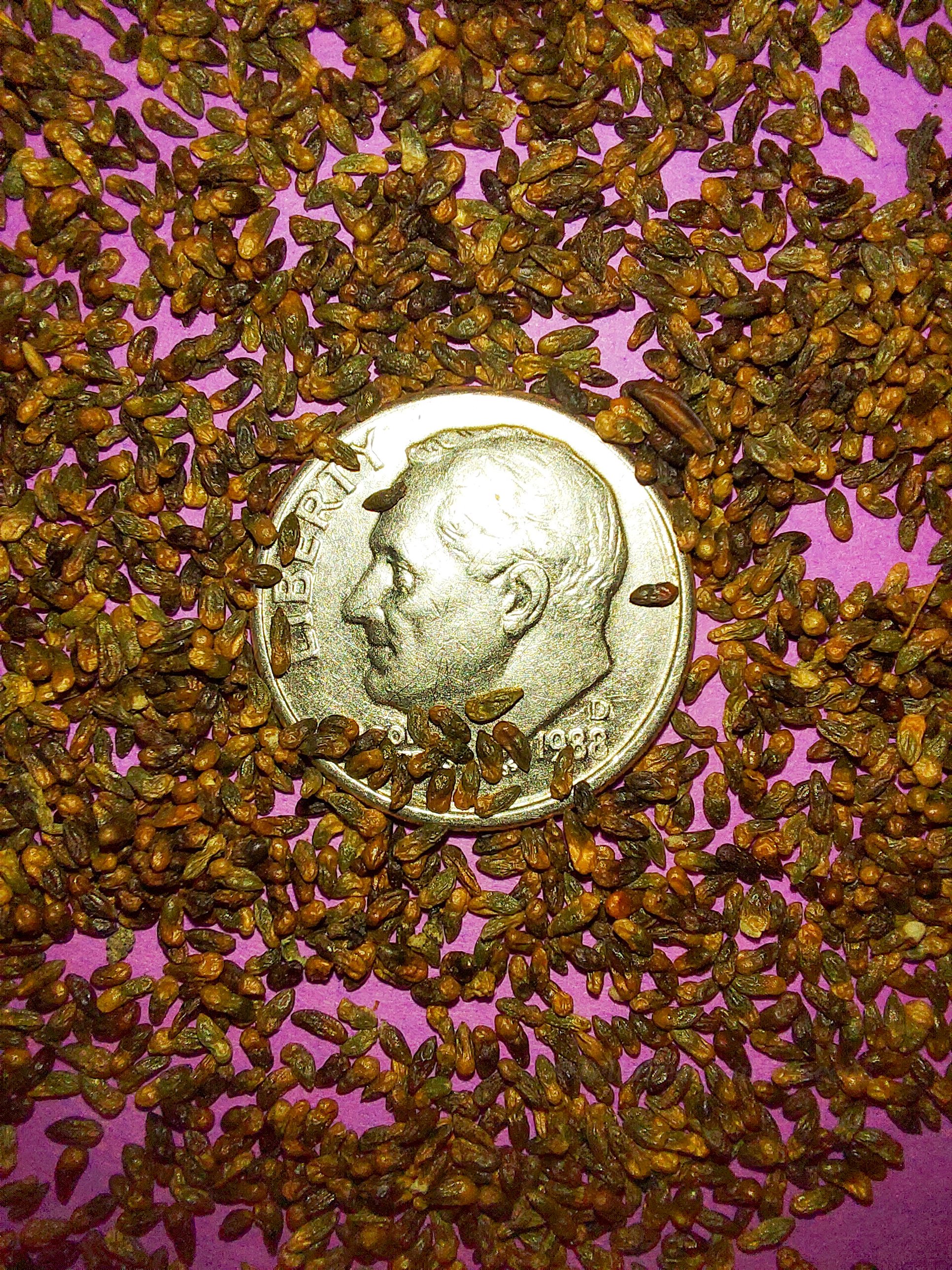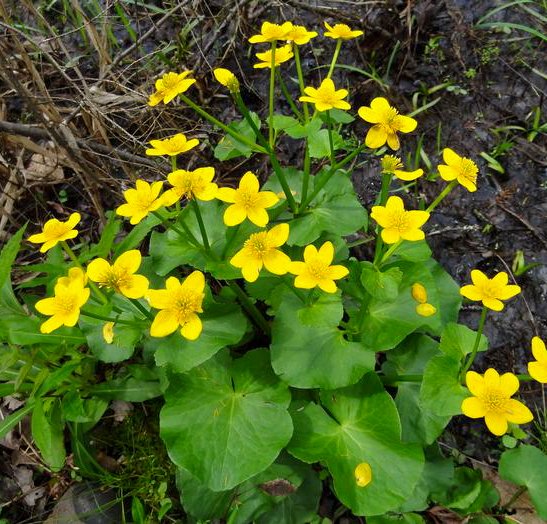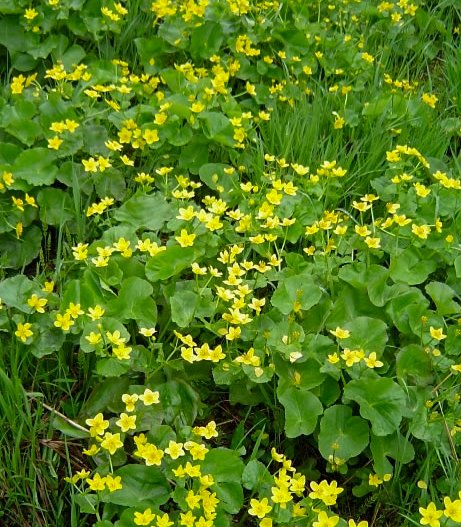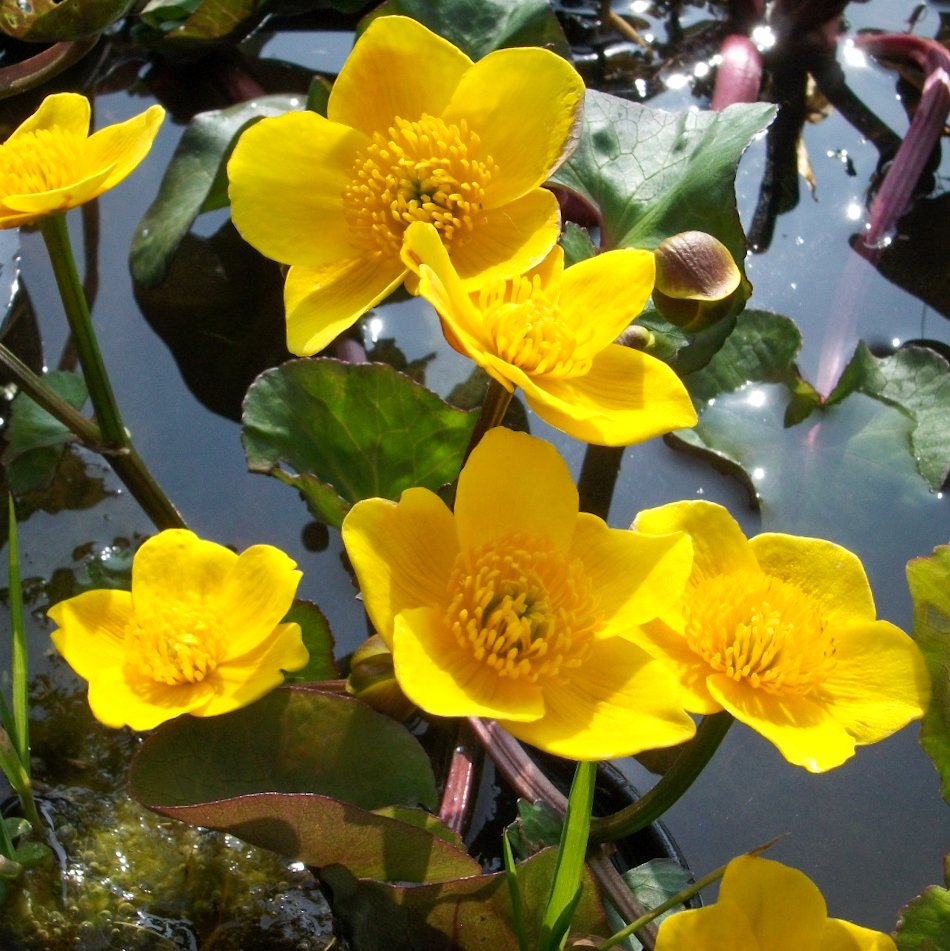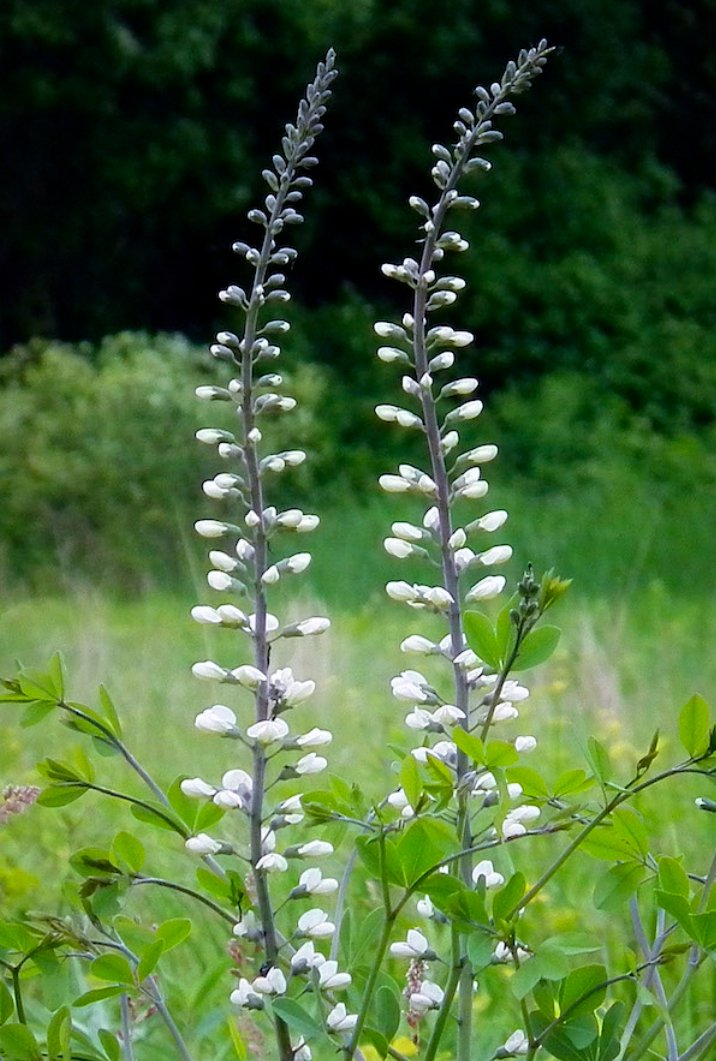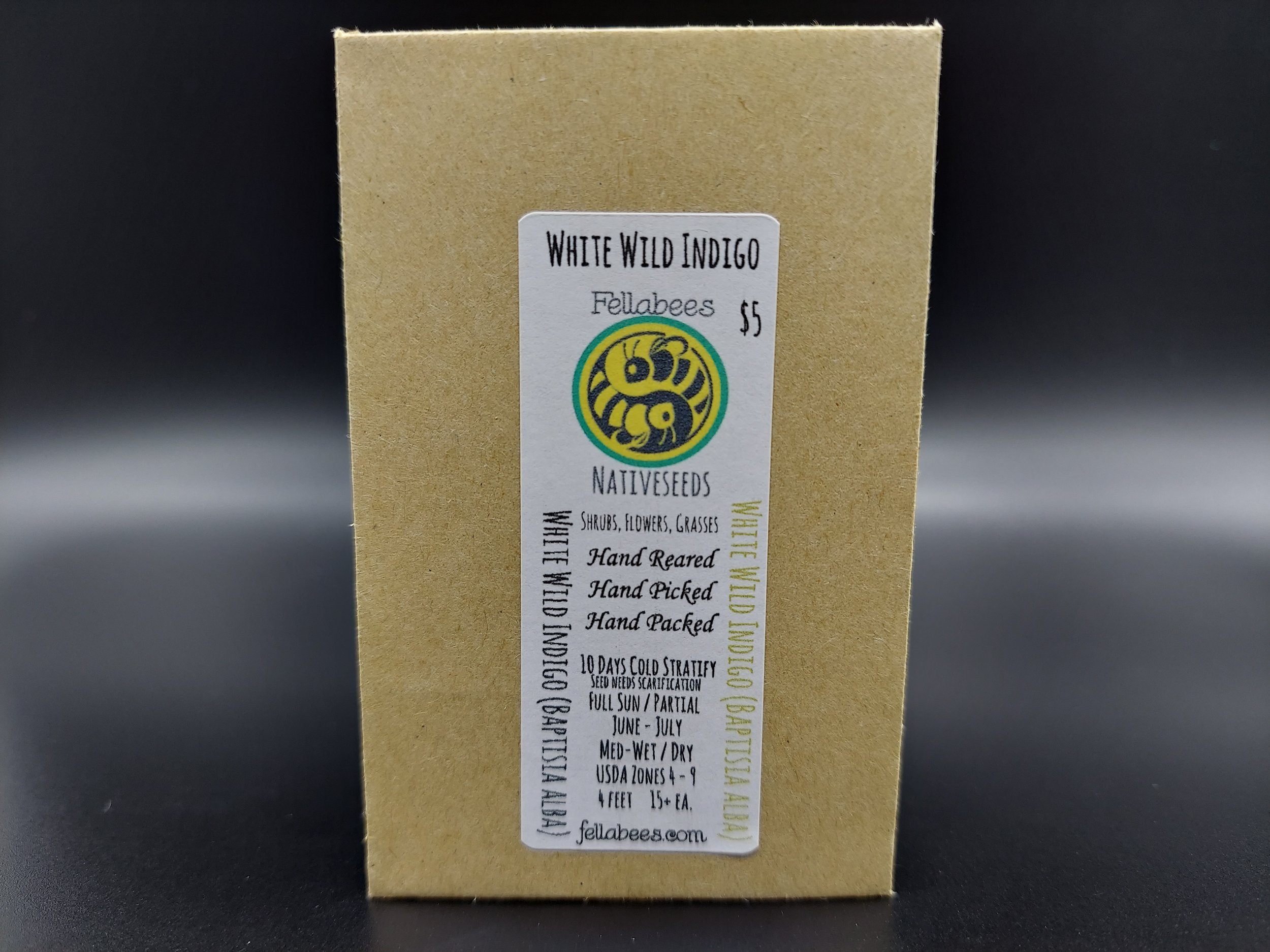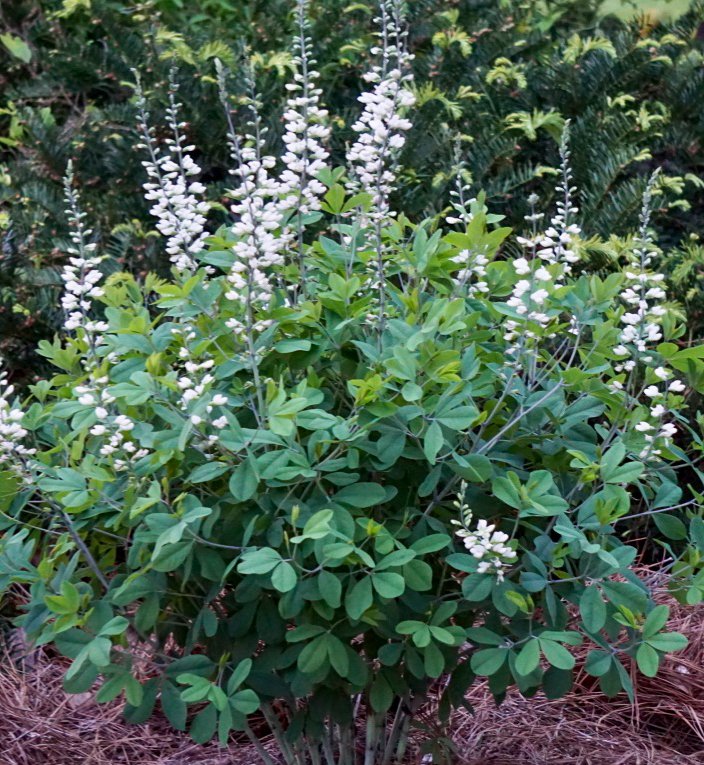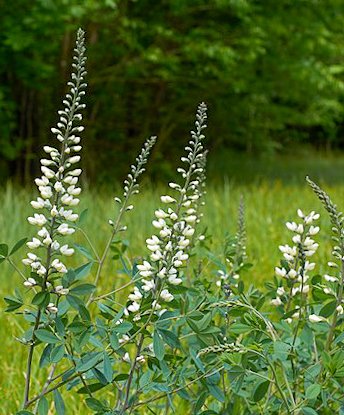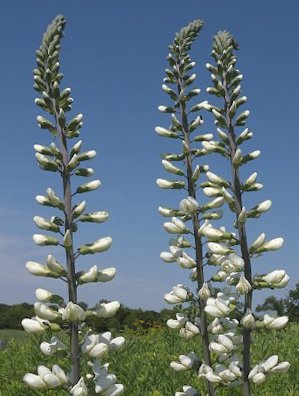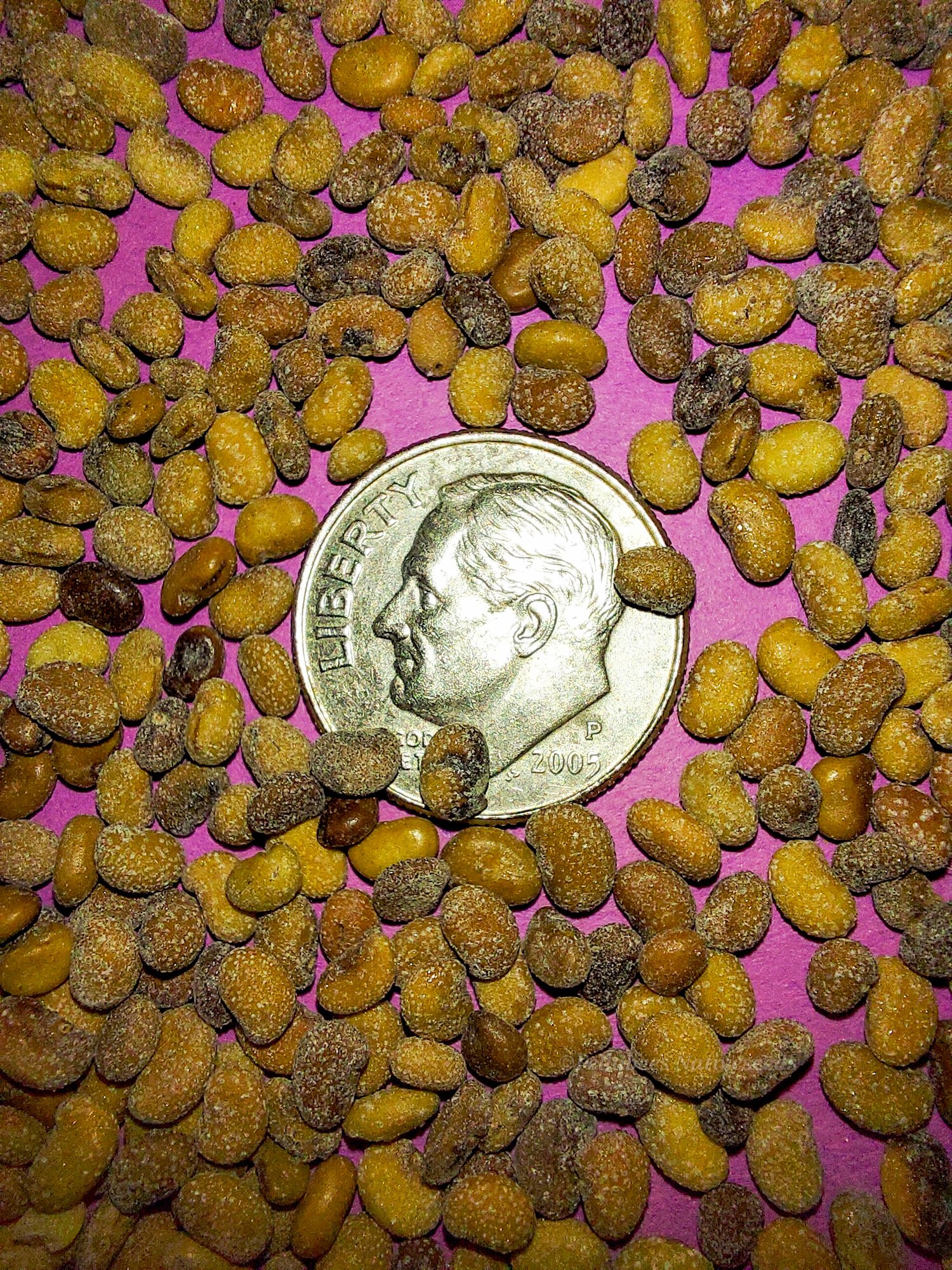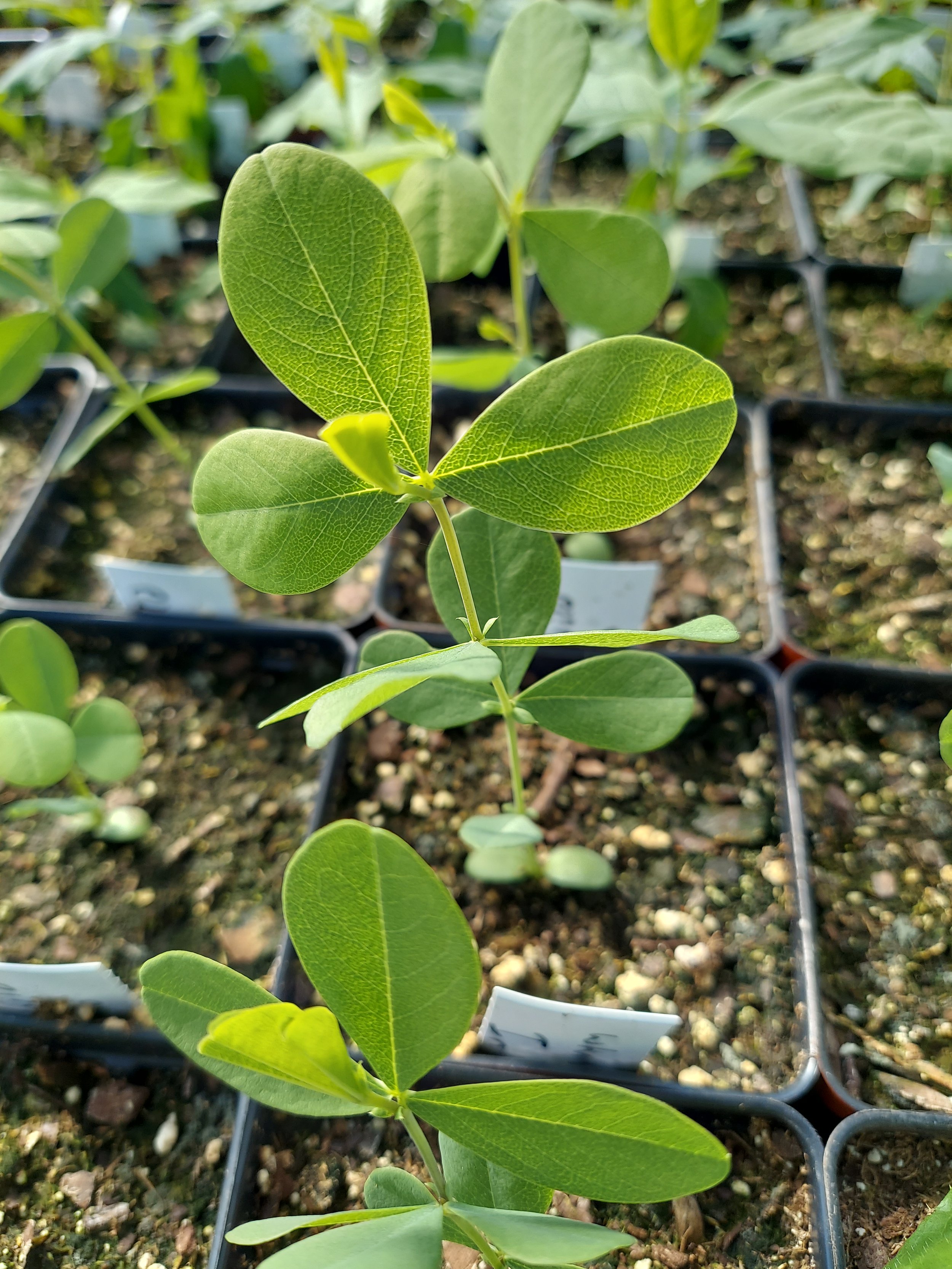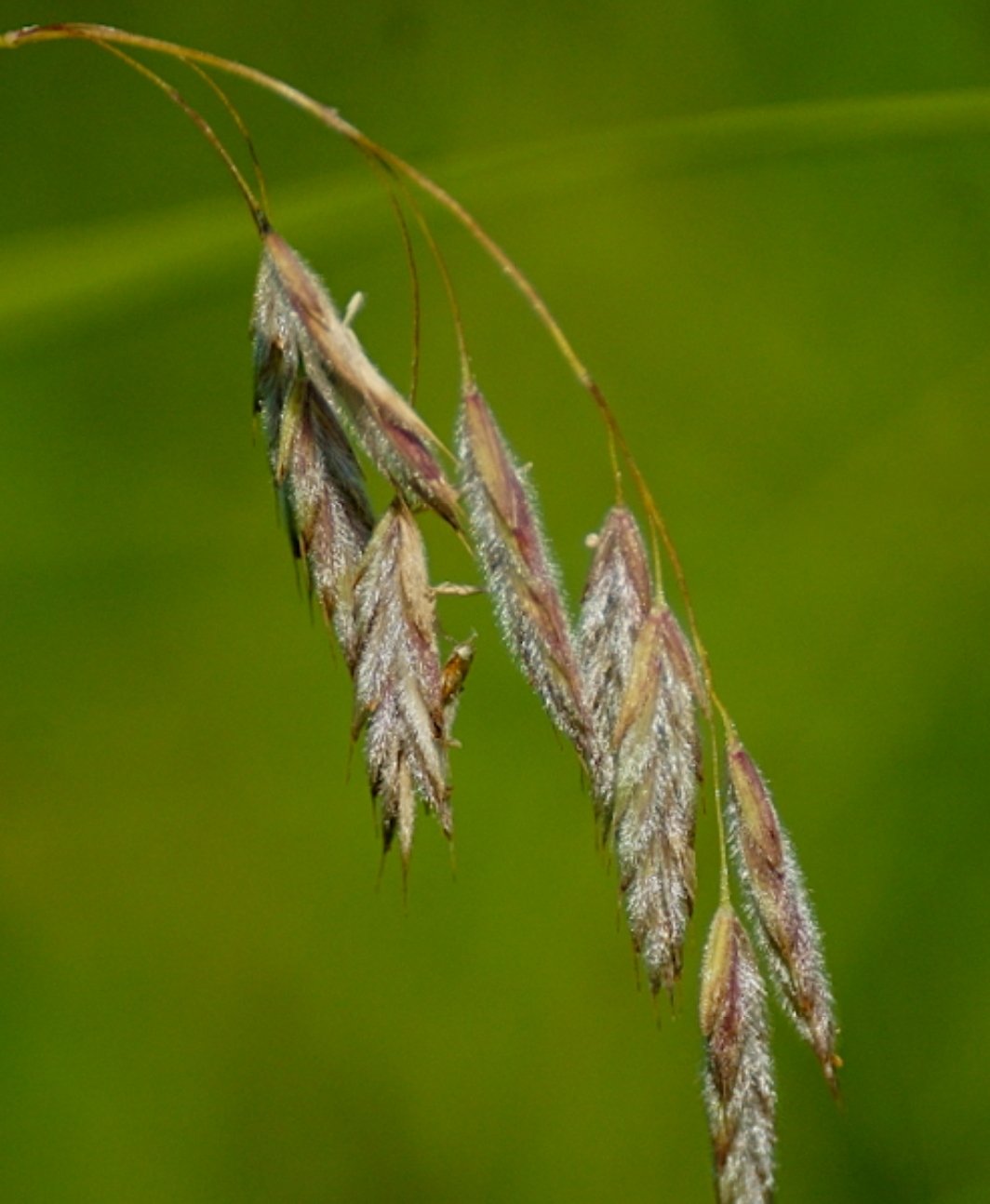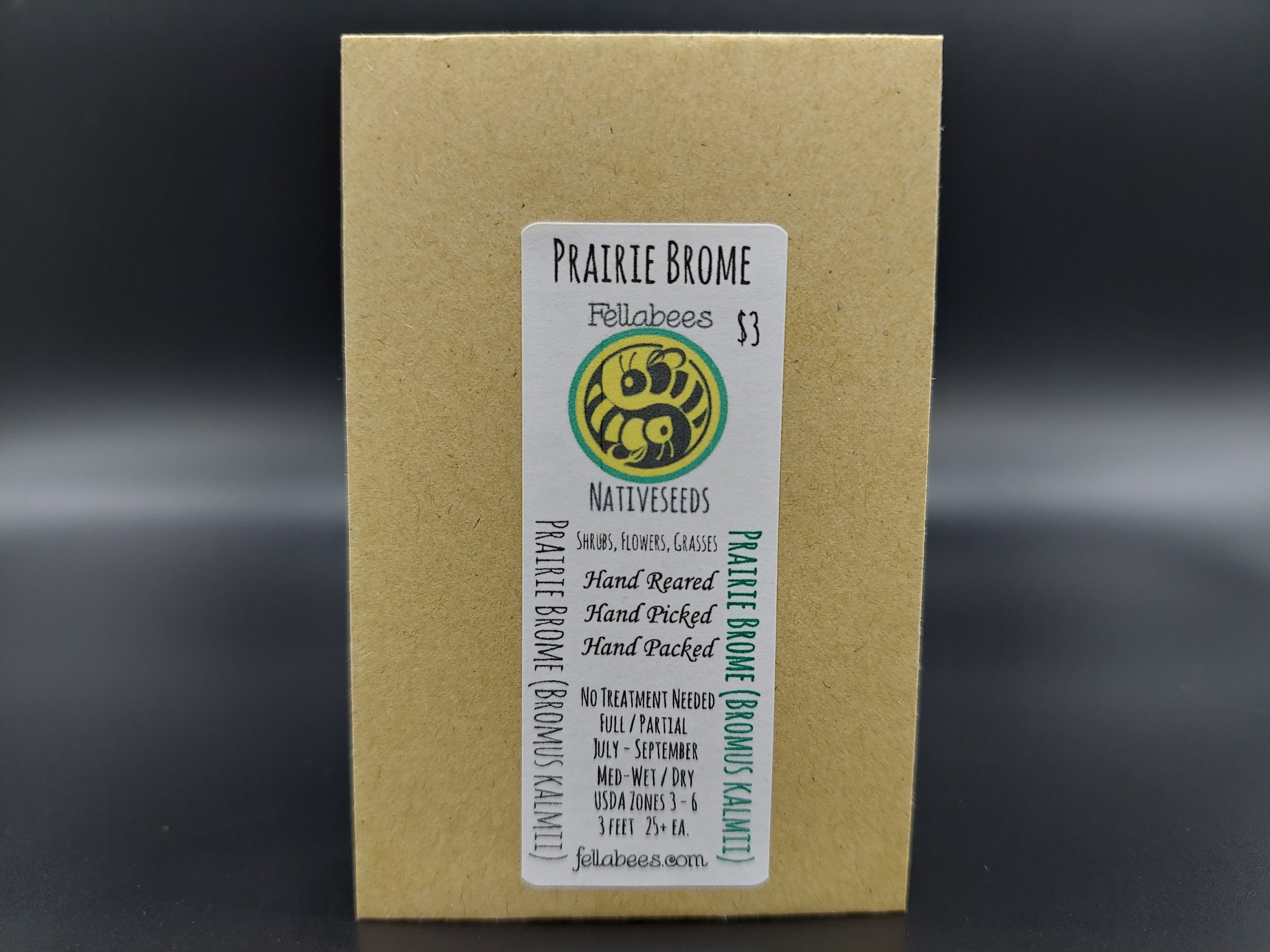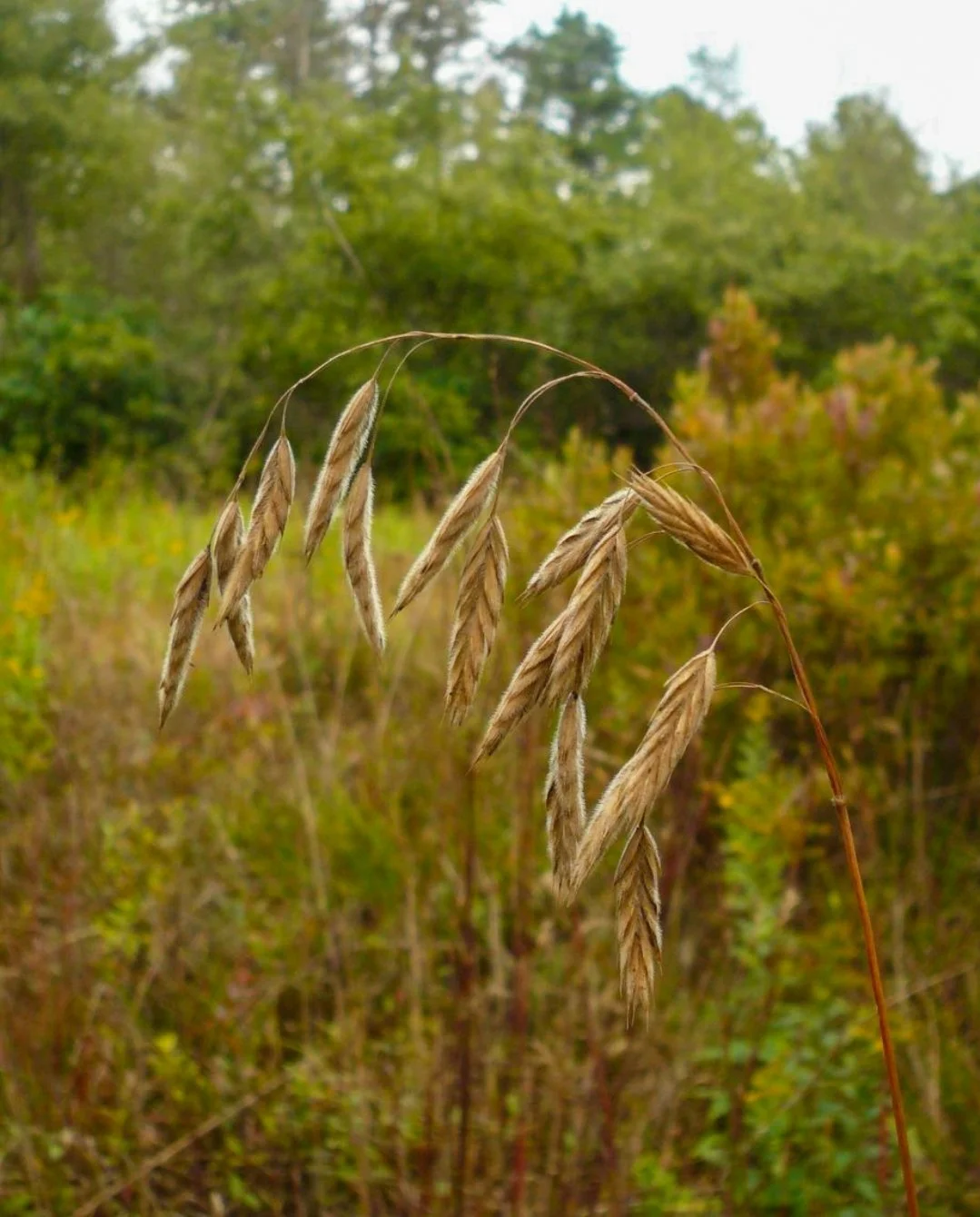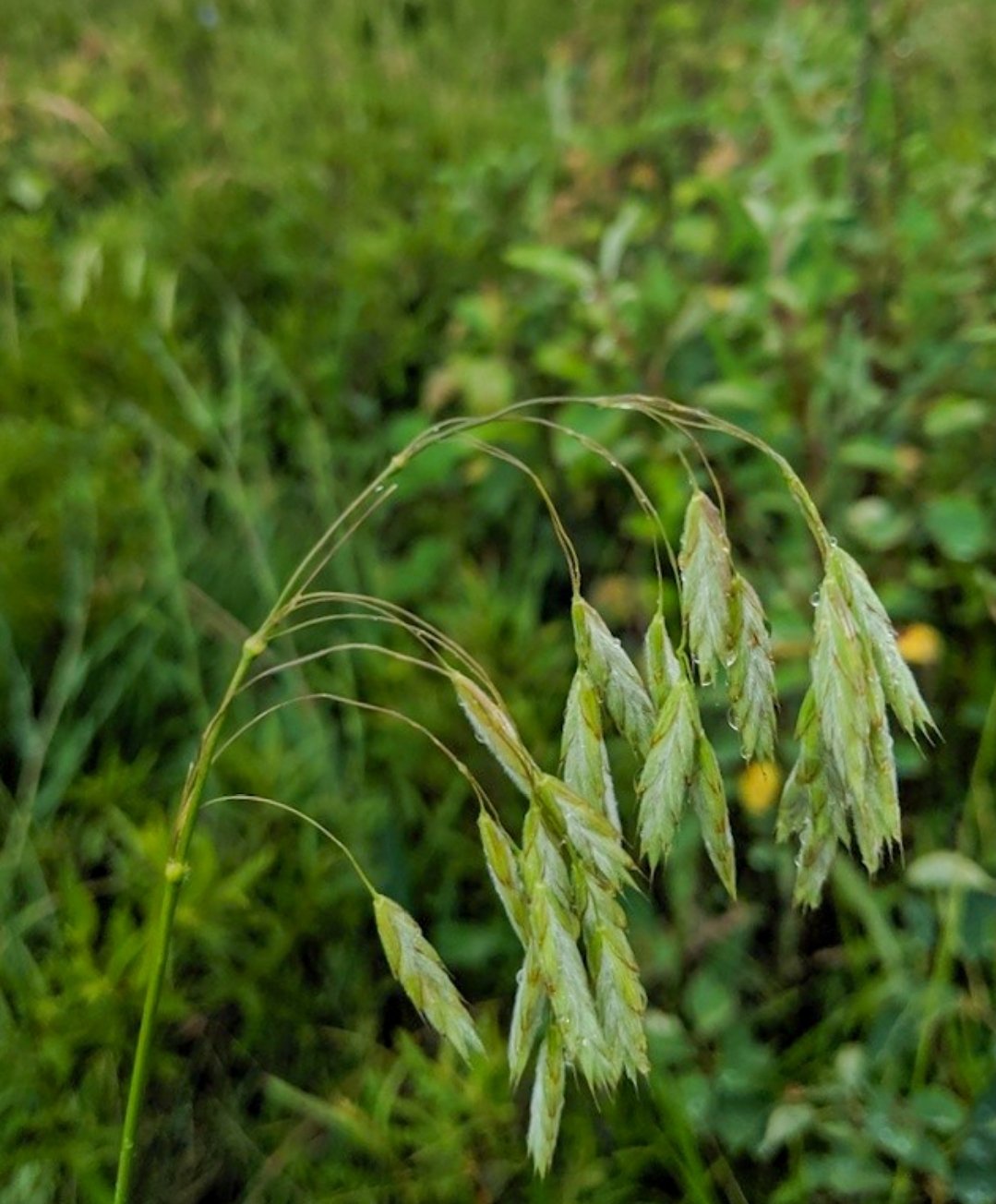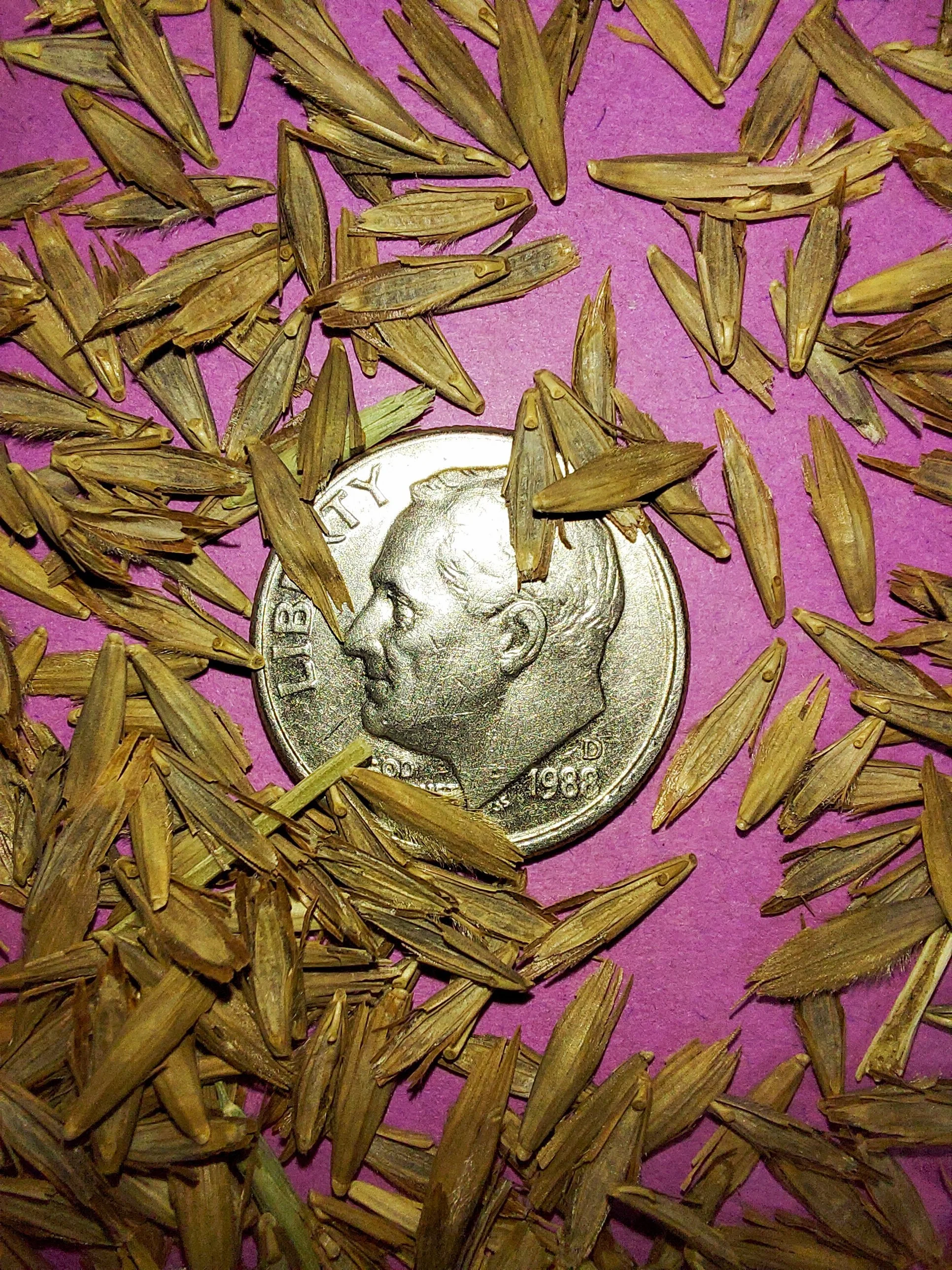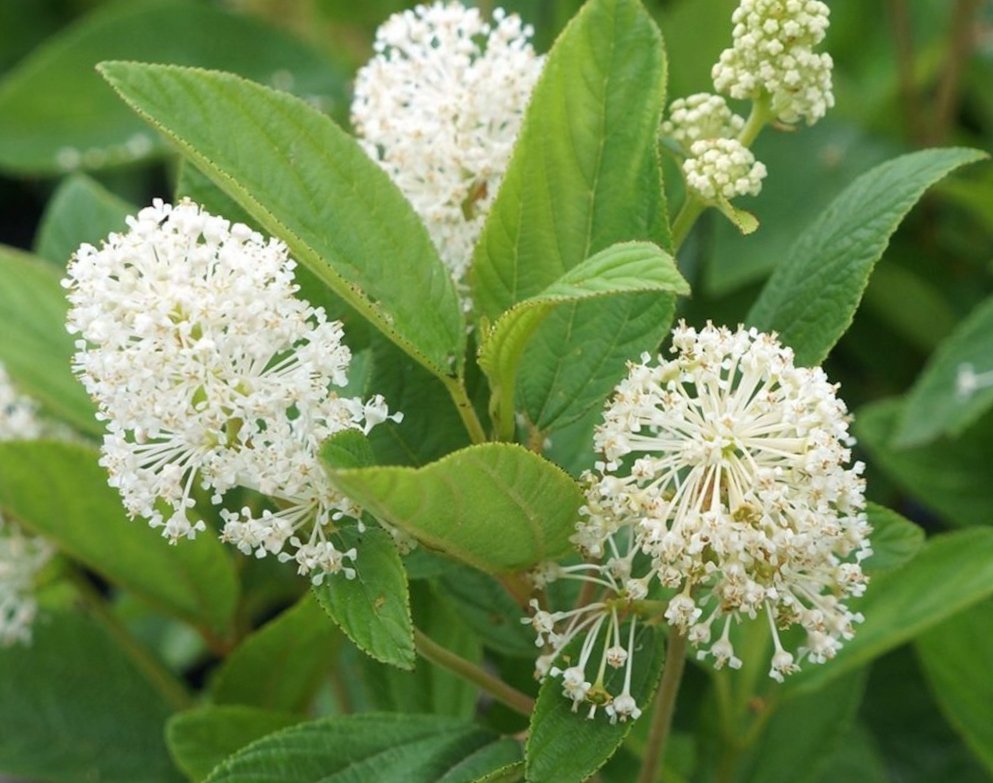 Image 1 of 7
Image 1 of 7

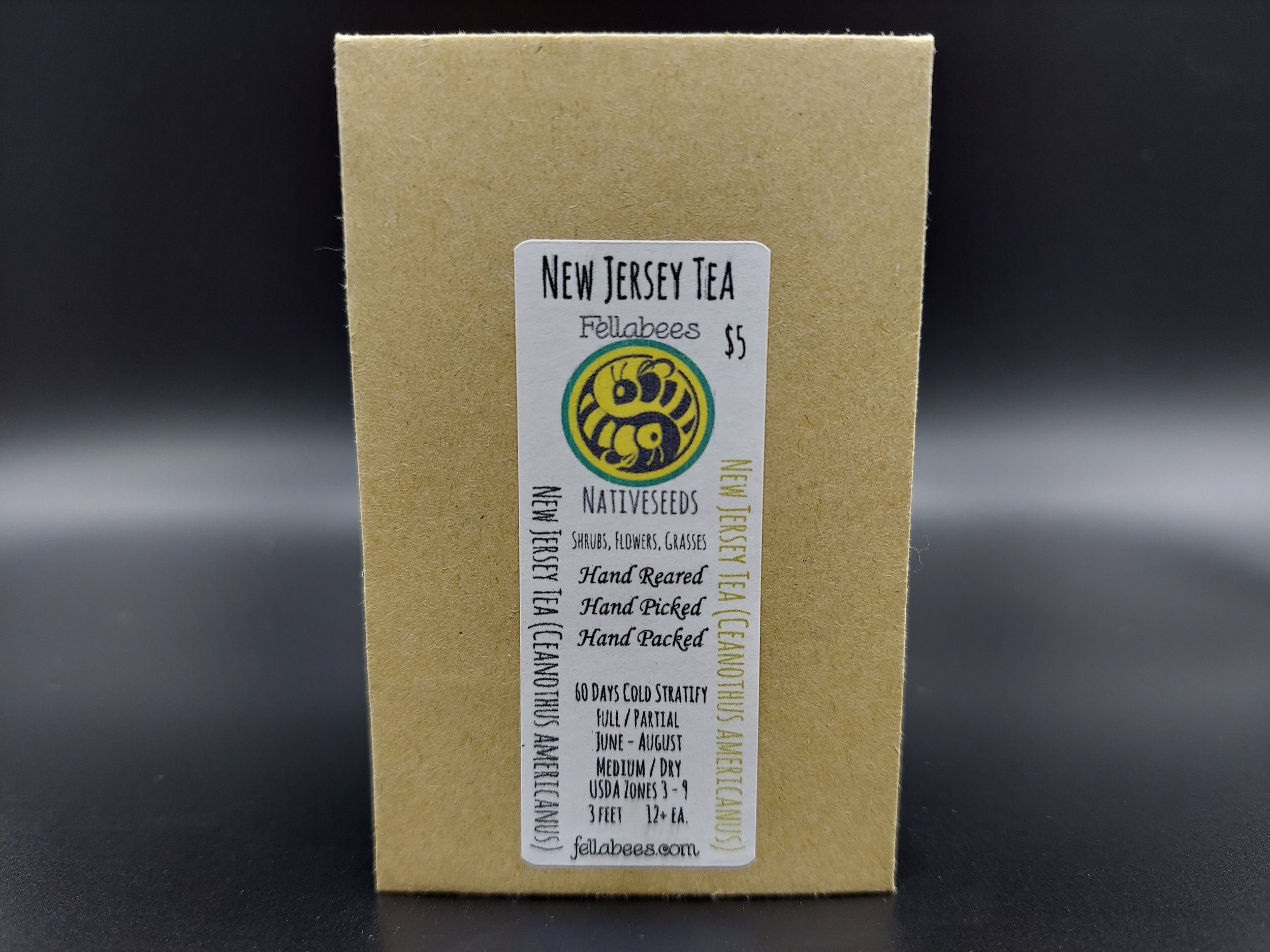 Image 2 of 7
Image 2 of 7

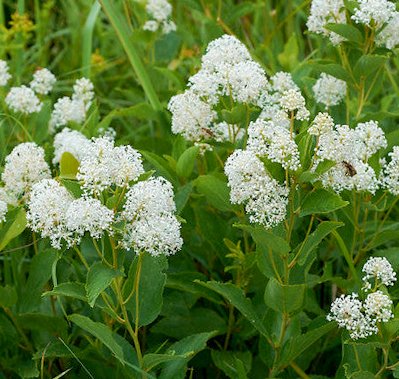 Image 3 of 7
Image 3 of 7

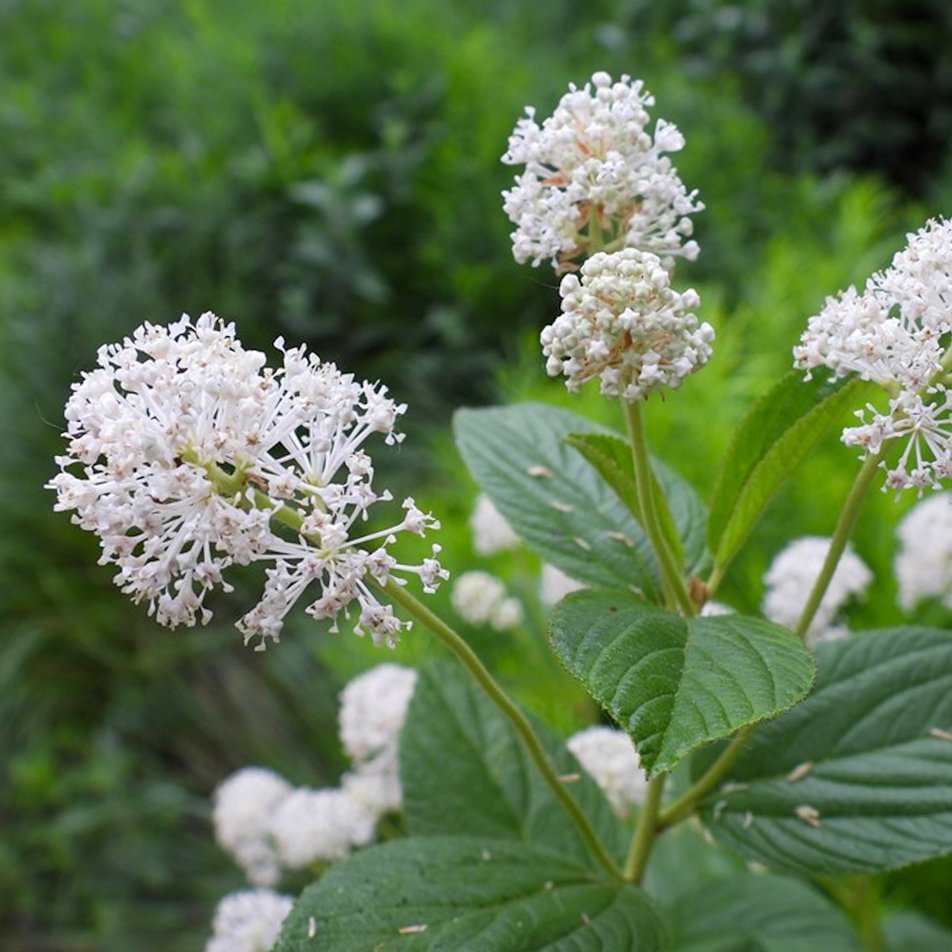 Image 4 of 7
Image 4 of 7

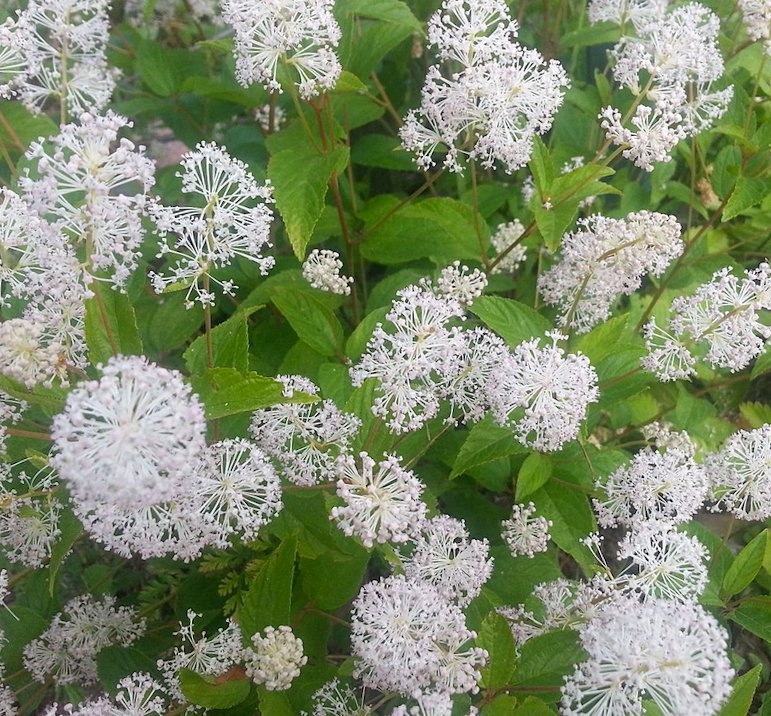 Image 5 of 7
Image 5 of 7

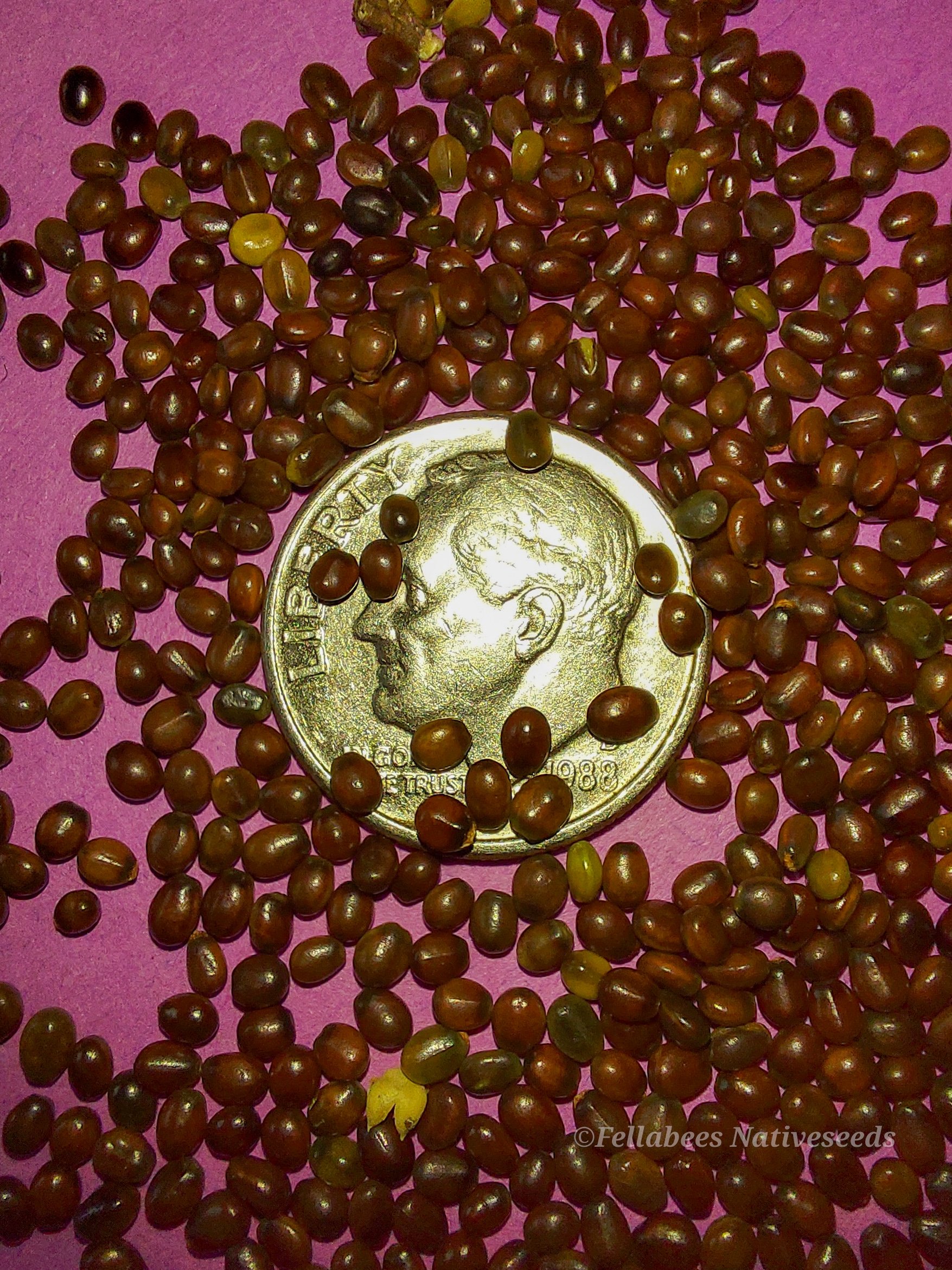 Image 6 of 7
Image 6 of 7

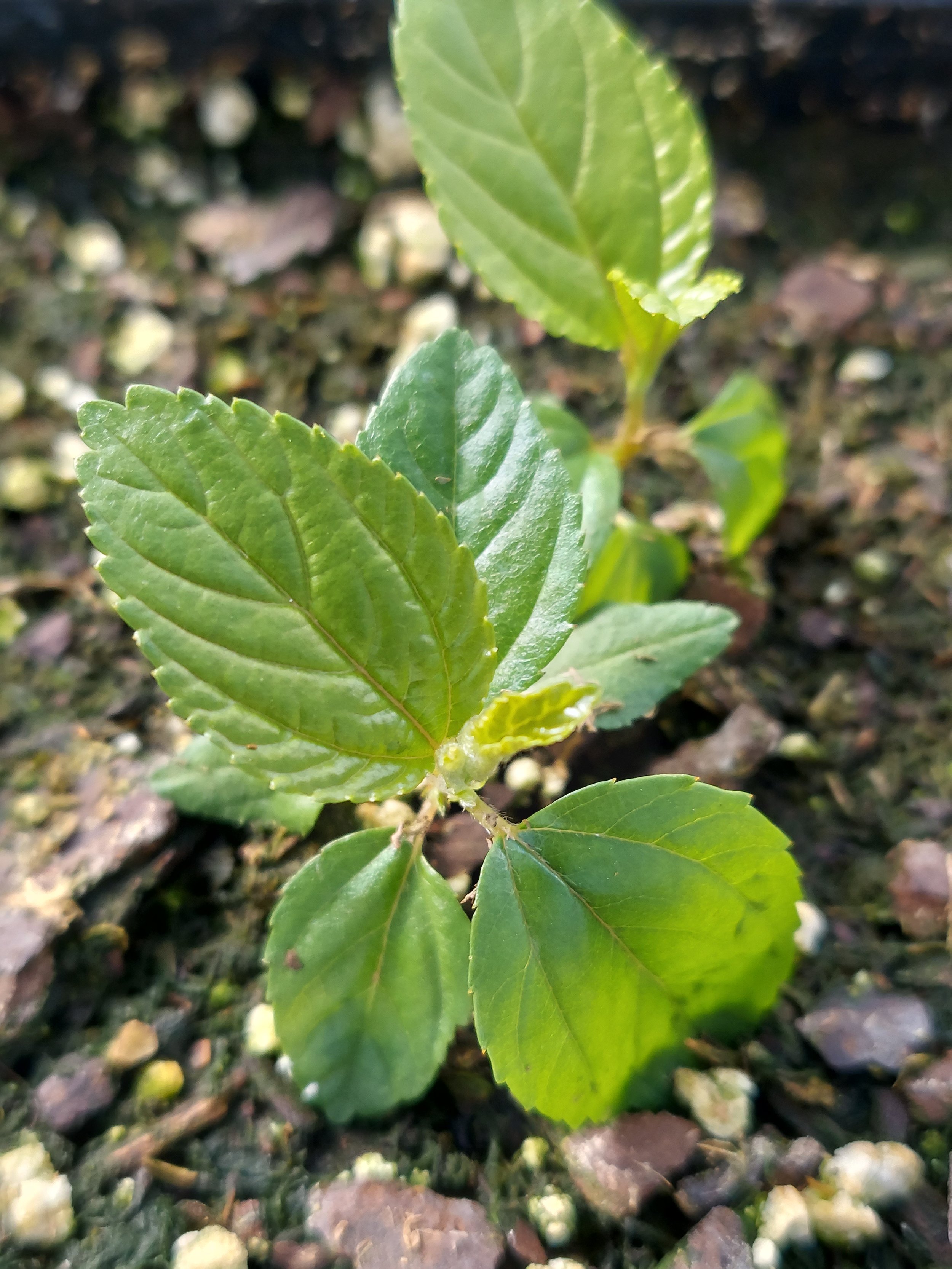 Image 7 of 7
Image 7 of 7








New Jersey Tea (Ceanothus americanus)
New Jersey Tea (Ceanothus americanus)
Ceanothus americanus is the scientific name for the species of Ceanothus shrub that is native to North America. It's common names include New Jersey Tea, Jersey Tea Ceanothus, as well as many variations of Red Root, Redroot, Mountain Sweet and Wild Snowball. New Jersey Tea was a name coined during the American Revolution, because its leaves were used as a substitute for imported English Tea.
New Jersey Tea is a shrub growing between 18 and 42 inches tall, and having many thin branches. Its root system is thick with fibrous root hairs close to the surface, but also sets of stout, burlish, woody roots that reach deep into the soil. New Jersey root systems may grow very large in the wild, to compensate after repeated exposures to wildfires. White flowers grow in clumpy inflorescences on lengthy, axillary peduncles.
New Jersey Tea is commonly found on dry plains, prairies, or similar areas away from trees in soils that are sandy or rocky. It can often be located in forest clearings or verges, on banks or lakeshores, and on gentle slopes. This tendency for both shallow and deep roots make this plant an excellent choice for avoiding soil erosion on slopes or embankment where the soil quality and moisture is low.
This plant is not deer or rabbit proof, and during winter its twigs are sought as food by the local deer; and White-tailed Deer (Odocoileus virginianus), in particular, will browse New Jersey Tea year round.
The red roots and root bark of New Jersey Tea are still used by Native Americans in North America for infections of the upper respiratory tract. The leaves have a fresh scent of wintergreen and were later utilized by the European colonizers as a tea substitute and as a stimulating but caffeine-free beverage.
The root bark of the plant is used by herbalists today, and are used notably in remedies for problems of the lymph system. The root contains astringent tannins and a number of peptide alkaloids, including Ceanothine A-E, Pandamine, Zizyphine, Scutianine, and the Adouetines. They have a mild hypotensive effect (lowering blood pressure). The root and flower extracts of New Jersey Tea have also be used as dyes.
The flowers of New Jersey Tea are used as food by (and the shoots host the larvae of) butterflies in the genus Celastrina, including the Spring Azure Butterfly (Celastrina ladon), the Summer Azure Butterfly (Celastrina neglecta), the Mottled Duskywing Butterfly (Erynnis martialis) and the Dreamy Duskywing Butterfly (Erynnis icelus)
Ceanothus americanus seeds are an excellent food source which are consumed by wild turkeys and quail.
This plant is listed as present but rare in several counties of the states of Maine, and Maryland, and Delaware.
Plant Details
USDA Zones: 3-9
Germination Needs: 60 days Cold Stratification, Seed will benefit from having boiling water poured over, and then left to soak at room temperature for one full day before starting the 60 days cold statification.
Life Cycle: Perennial
Sun Exposure: Full to Partial
Soil Moisture: Medium, Medium-Dry, Dry
Plant Spacing: 1½-3 feet
Height: 3 feet
Bloom time: June, July, August
Bloom Color: White
Advantages :
Pollinator Favorite: butterflies, moths, bees, wasps, beetles
Bird Favorite: seeds, insects, fruit, nectar, nesting, perchs.
Deer Resistant: No, not while young. Consider caging for both deer and rabbits.
Excellent in the home landscape!
Native to: Wisconsin, Minnesota, Iowa, Missouri, Illinois, Indiana, Michigan, Ohio, Pennsylvania, New York, Vermont, New Jersey, Maryland, New Hampshire, Maine, Massachusetts, Rhode Island, Connecticut, Delaware, West Virginia, Virginia, North Carolina, South Carolina, Georgia, Florida, Alabama, Mississippi, Tennessee, Kentucky, Louisiana, Arkansas, Texas, Oklahoma, Kansas, and Nebraska.
.
.
Packet quantities:
We pride ourselves on ethical, hands on, ecological management, using no mechanical or chemical methods whatsoever.
All of our native seed is hand reared, hand picked, and hand packed from native prairies under our exclusive management, never breaking chain of custody from the field until it is sent to you. Each packet is hand prepared for shipment by us, directly.
Small seed species will contain greater than 20-25 seed
Large seed species will contain greater than 10-15 seed
It is our mission to spread the wealth of native plant and pollinator ecological sustainability, and educate back yard gardeners as well as corporate and government entities in how to germinate, grow, and benefit from native synergies.
Thank you for your support, it is because of you, that we can grow together to do, what we do.🐛🦋🐝🐞🌾🌱🌼🧡
New Jersey Tea (Ceanothus americanus)
Ceanothus americanus is the scientific name for the species of Ceanothus shrub that is native to North America. It's common names include New Jersey Tea, Jersey Tea Ceanothus, as well as many variations of Red Root, Redroot, Mountain Sweet and Wild Snowball. New Jersey Tea was a name coined during the American Revolution, because its leaves were used as a substitute for imported English Tea.
New Jersey Tea is a shrub growing between 18 and 42 inches tall, and having many thin branches. Its root system is thick with fibrous root hairs close to the surface, but also sets of stout, burlish, woody roots that reach deep into the soil. New Jersey root systems may grow very large in the wild, to compensate after repeated exposures to wildfires. White flowers grow in clumpy inflorescences on lengthy, axillary peduncles.
New Jersey Tea is commonly found on dry plains, prairies, or similar areas away from trees in soils that are sandy or rocky. It can often be located in forest clearings or verges, on banks or lakeshores, and on gentle slopes. This tendency for both shallow and deep roots make this plant an excellent choice for avoiding soil erosion on slopes or embankment where the soil quality and moisture is low.
This plant is not deer or rabbit proof, and during winter its twigs are sought as food by the local deer; and White-tailed Deer (Odocoileus virginianus), in particular, will browse New Jersey Tea year round.
The red roots and root bark of New Jersey Tea are still used by Native Americans in North America for infections of the upper respiratory tract. The leaves have a fresh scent of wintergreen and were later utilized by the European colonizers as a tea substitute and as a stimulating but caffeine-free beverage.
The root bark of the plant is used by herbalists today, and are used notably in remedies for problems of the lymph system. The root contains astringent tannins and a number of peptide alkaloids, including Ceanothine A-E, Pandamine, Zizyphine, Scutianine, and the Adouetines. They have a mild hypotensive effect (lowering blood pressure). The root and flower extracts of New Jersey Tea have also be used as dyes.
The flowers of New Jersey Tea are used as food by (and the shoots host the larvae of) butterflies in the genus Celastrina, including the Spring Azure Butterfly (Celastrina ladon), the Summer Azure Butterfly (Celastrina neglecta), the Mottled Duskywing Butterfly (Erynnis martialis) and the Dreamy Duskywing Butterfly (Erynnis icelus)
Ceanothus americanus seeds are an excellent food source which are consumed by wild turkeys and quail.
This plant is listed as present but rare in several counties of the states of Maine, and Maryland, and Delaware.
Plant Details
USDA Zones: 3-9
Germination Needs: 60 days Cold Stratification, Seed will benefit from having boiling water poured over, and then left to soak at room temperature for one full day before starting the 60 days cold statification.
Life Cycle: Perennial
Sun Exposure: Full to Partial
Soil Moisture: Medium, Medium-Dry, Dry
Plant Spacing: 1½-3 feet
Height: 3 feet
Bloom time: June, July, August
Bloom Color: White
Advantages :
Pollinator Favorite: butterflies, moths, bees, wasps, beetles
Bird Favorite: seeds, insects, fruit, nectar, nesting, perchs.
Deer Resistant: No, not while young. Consider caging for both deer and rabbits.
Excellent in the home landscape!
Native to: Wisconsin, Minnesota, Iowa, Missouri, Illinois, Indiana, Michigan, Ohio, Pennsylvania, New York, Vermont, New Jersey, Maryland, New Hampshire, Maine, Massachusetts, Rhode Island, Connecticut, Delaware, West Virginia, Virginia, North Carolina, South Carolina, Georgia, Florida, Alabama, Mississippi, Tennessee, Kentucky, Louisiana, Arkansas, Texas, Oklahoma, Kansas, and Nebraska.
.
.
Packet quantities:
We pride ourselves on ethical, hands on, ecological management, using no mechanical or chemical methods whatsoever.
All of our native seed is hand reared, hand picked, and hand packed from native prairies under our exclusive management, never breaking chain of custody from the field until it is sent to you. Each packet is hand prepared for shipment by us, directly.
Small seed species will contain greater than 20-25 seed
Large seed species will contain greater than 10-15 seed
It is our mission to spread the wealth of native plant and pollinator ecological sustainability, and educate back yard gardeners as well as corporate and government entities in how to germinate, grow, and benefit from native synergies.
Thank you for your support, it is because of you, that we can grow together to do, what we do.🐛🦋🐝🐞🌾🌱🌼🧡
